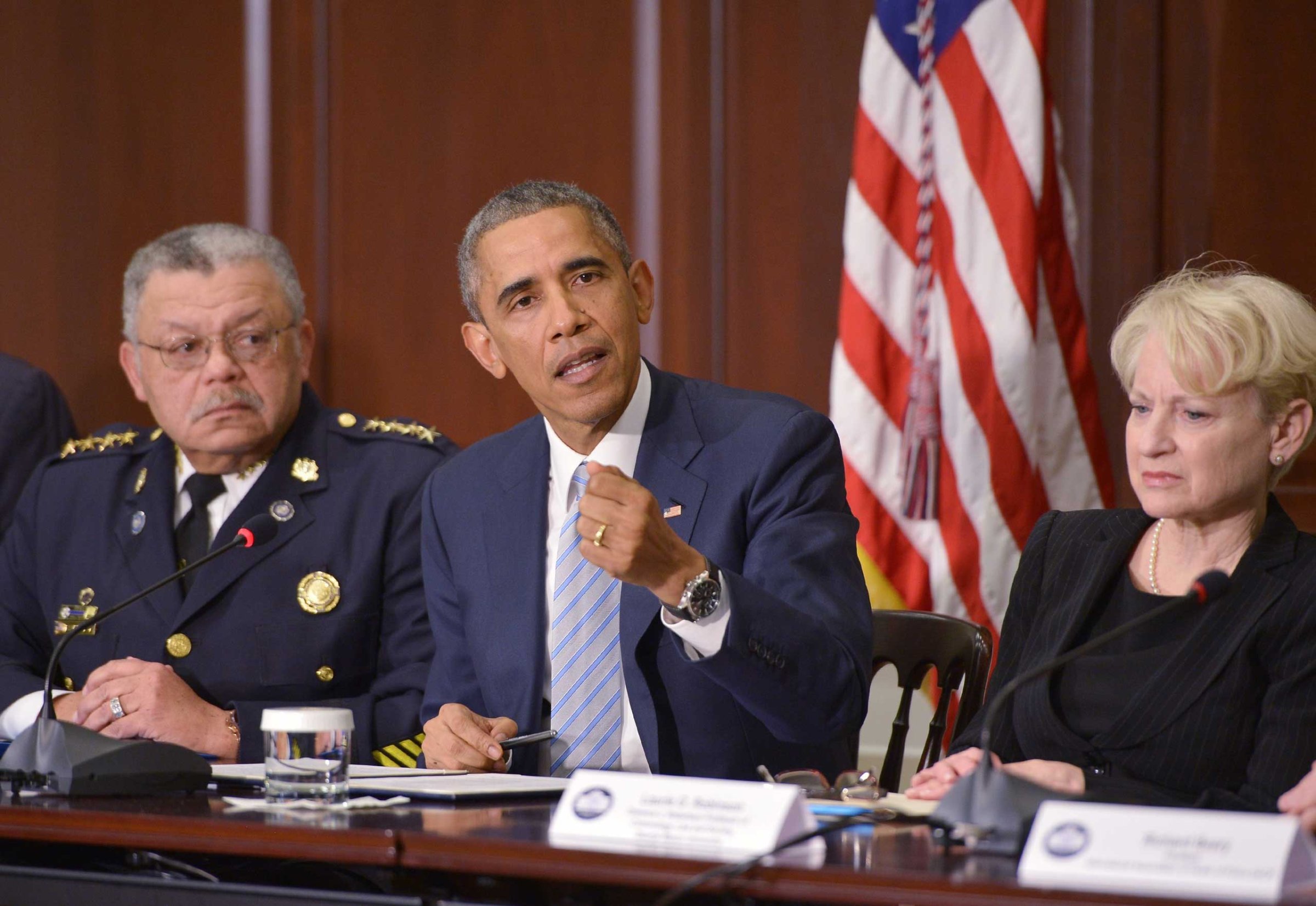
In the politician’s arsenal, a task force is a dull yet indispensable weapon: a way to address a problem that isn’t easy to solve.
Over the course of his presidency, Barack Obama has created panels to study issues ranging from climate change to gun control to childhood obesity. Task forces are the place where hard-working people go to produce important work that winds up moldering on a shelf.
Obama is determined to avoid this fate for his new White House panel on 21st century policing. “This is not going to be an endless report that ends up collecting dust,” the President pledged when he formed the task force in December after grand juries in New York and Ferguson, Mo., declined to charge two white police officers in the deaths of unarmed black men. The 11-member group is tasked with identifying concrete ways to mend the ruptured relationship between police and the communities they serve. It must present a draft report to Obama on March 2, recommending methods to strengthen public trust while reducing crime.
Ron Davis, executive director of the task force and the director of the Department of Justice’s Community Oriented Policing Services (COPS), says he is “extremely confident” the committee will live up to its promise. Davis told a panel held by the U.S. Conference of Mayors Thursday that the task force, which will hold a series of listening sessions, panel discussions and open forums over the next few weeks, had an opportunity to “redefine policing in a democratic society.”
The mandate to do so comes from the top. Attorney General Eric Holder has seized police reform as a legacy issue. At Tuesday’s State of the Union address, Obama said he believes there is broad consensus to repair the rift between police forces and minority communities.
“We may have different takes on the events of Ferguson and New York. But surely we can understand a father who fears his son can’t walk home without being harassed,” the President said. “Surely we can understand the wife who won’t rest until the police officer she married walks through the front door at the end of his shift. Surely we can agree it’s a good thing that for the first time in 40 years, the crime rate and the incarceration rate have come down together, and use that as a starting point for Democrats and Republicans, community leaders and law enforcement, to reform America’s criminal justice system so that it protects and serves us all.”
But channeling modest consensus into real change is a tall order—one made trickier by a grim drumbeat of bad feelings and worse news. The killing of two New York City police officers in late December sparked an ugly public dispute between the nation’s largest police force and its liberal mayor and may have led to a huge plummet in arrests. On Wednesday, new reports indicated federal authorities investigating the Aug. 9 death of Michael Brown have concluded there is insufficient evidence to charge Ferguson police officer Darren Wilson in the fatal shooting. A broader Department of Justice probe into the practices of the entire Ferguson police force is ongoing.
“I’m realistic about what a task force is actually capable of,” says a person with knowledge of the task force proceedings, who asked for anonymity to speak candidly about the committee’s challenges. “The task force can be very useful, but we are now in a place politically where actually creating legislation out of things will be an uphill battle.”
See 23 Key Moments From Ferguson
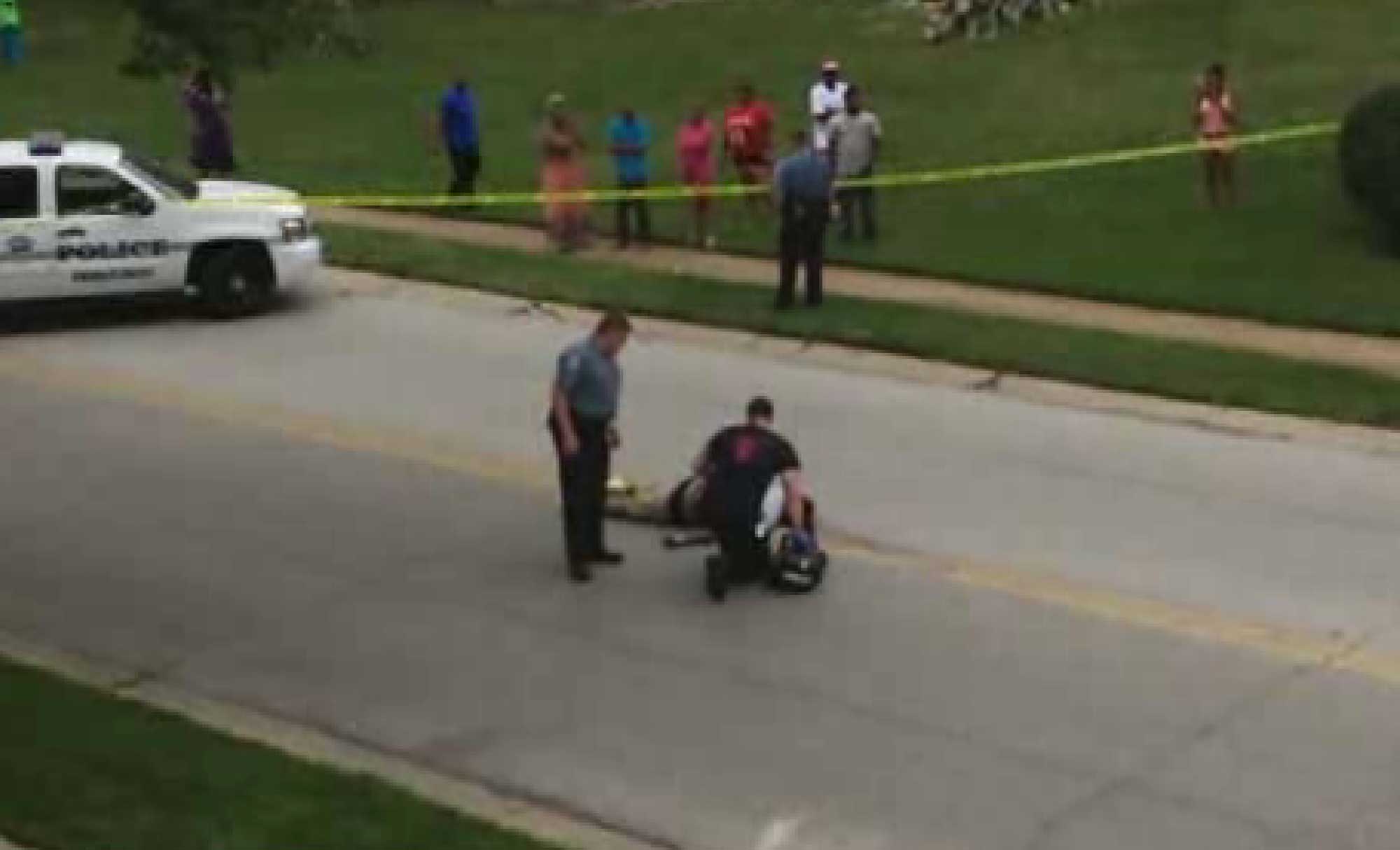
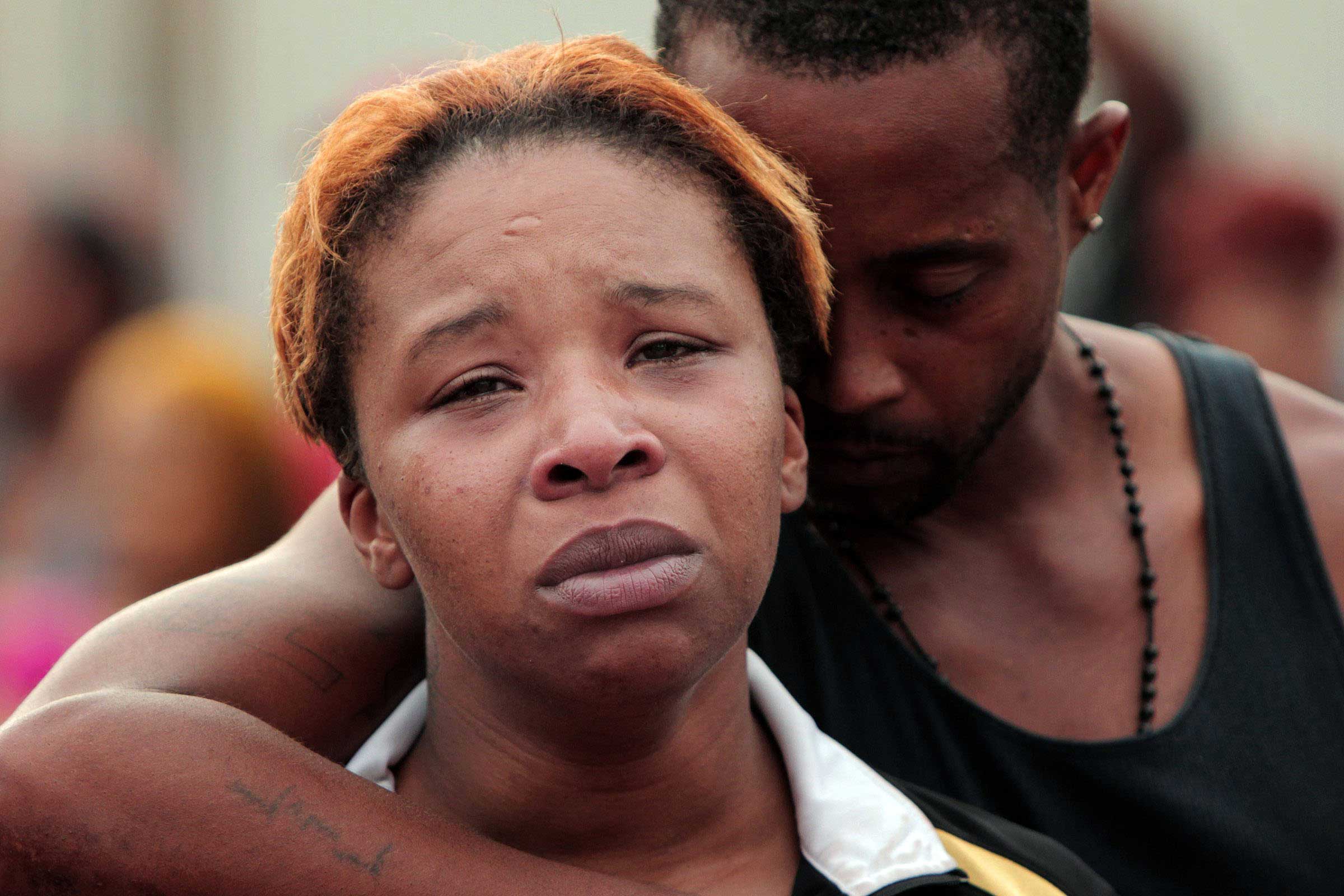
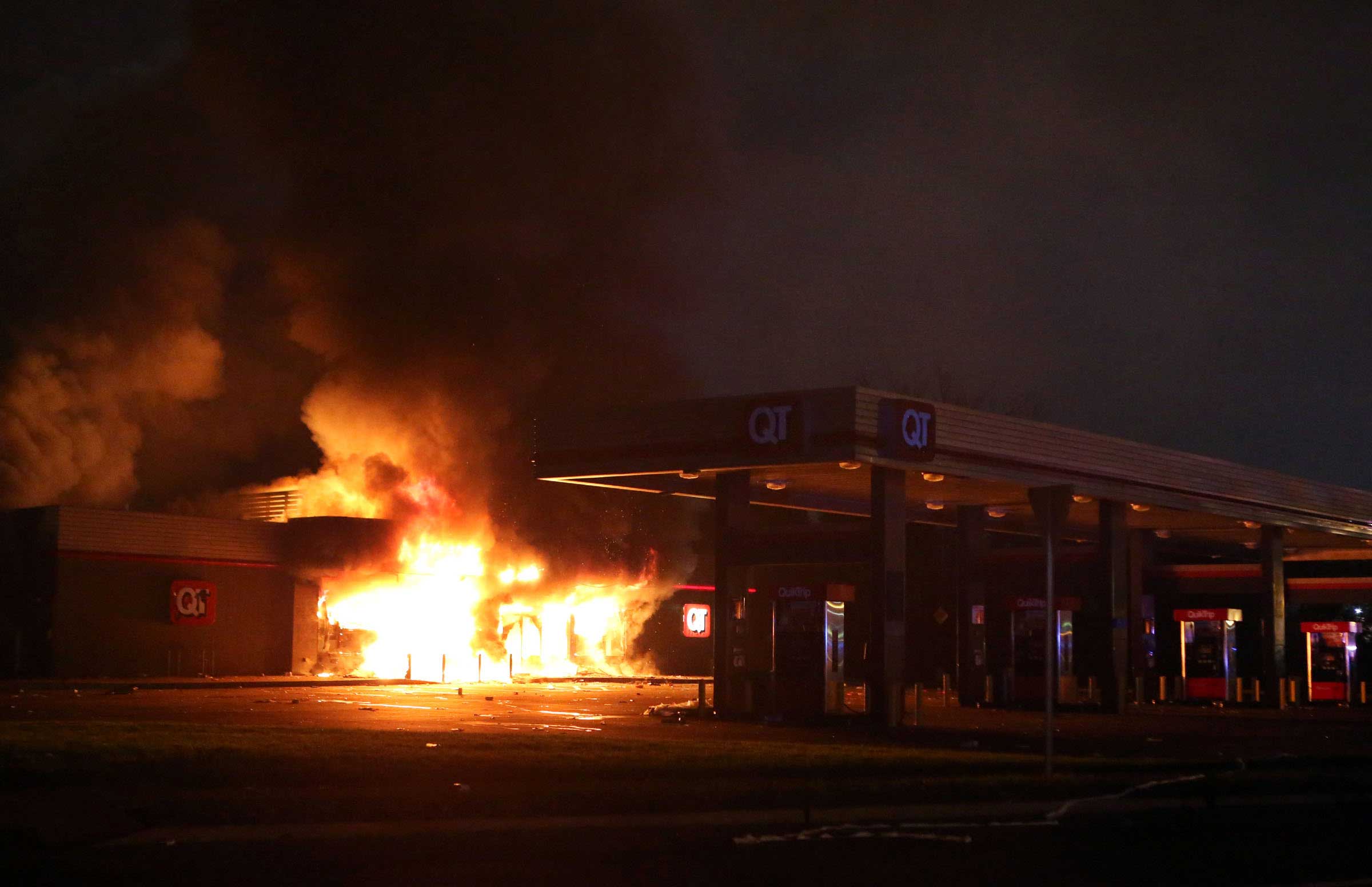
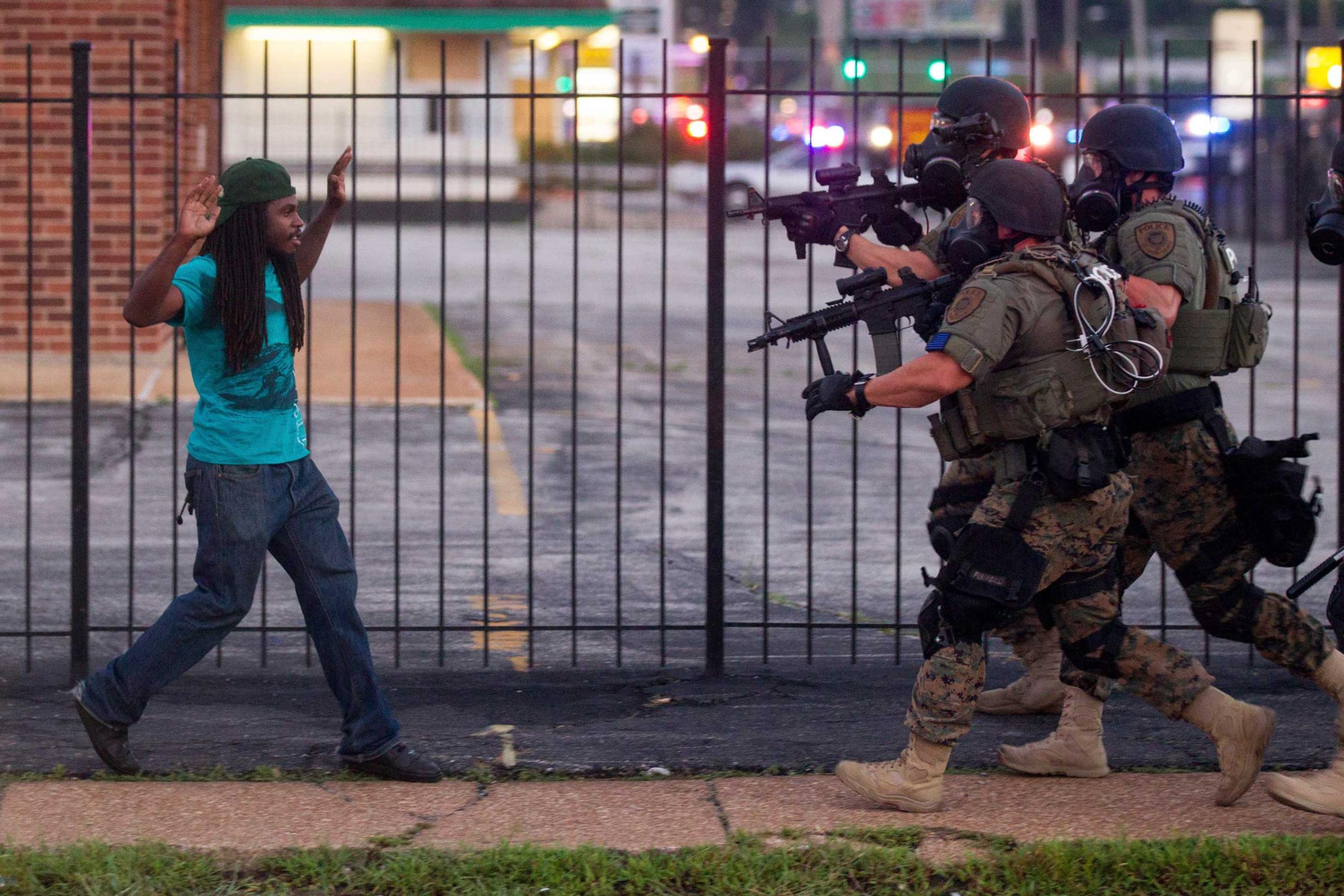
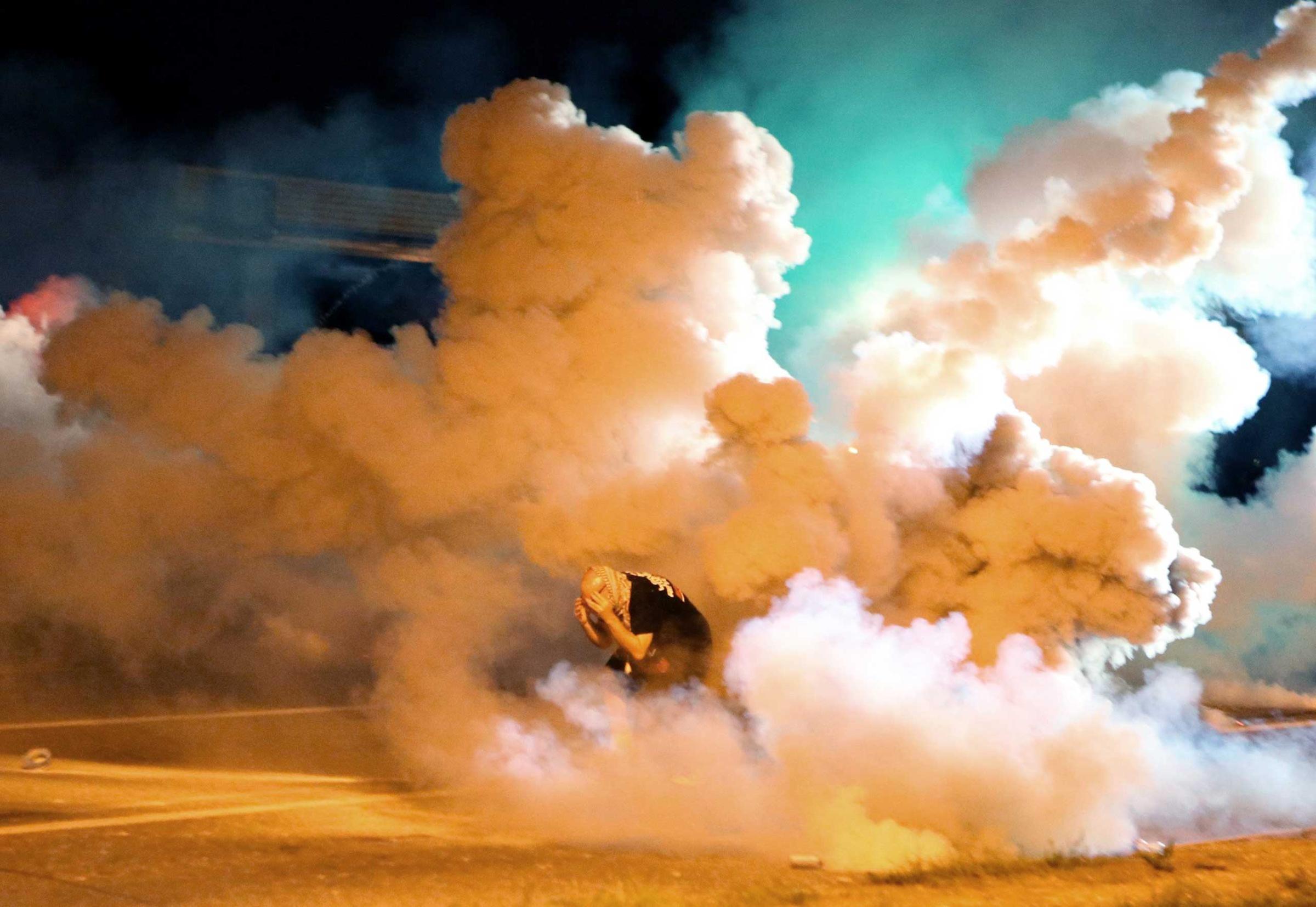
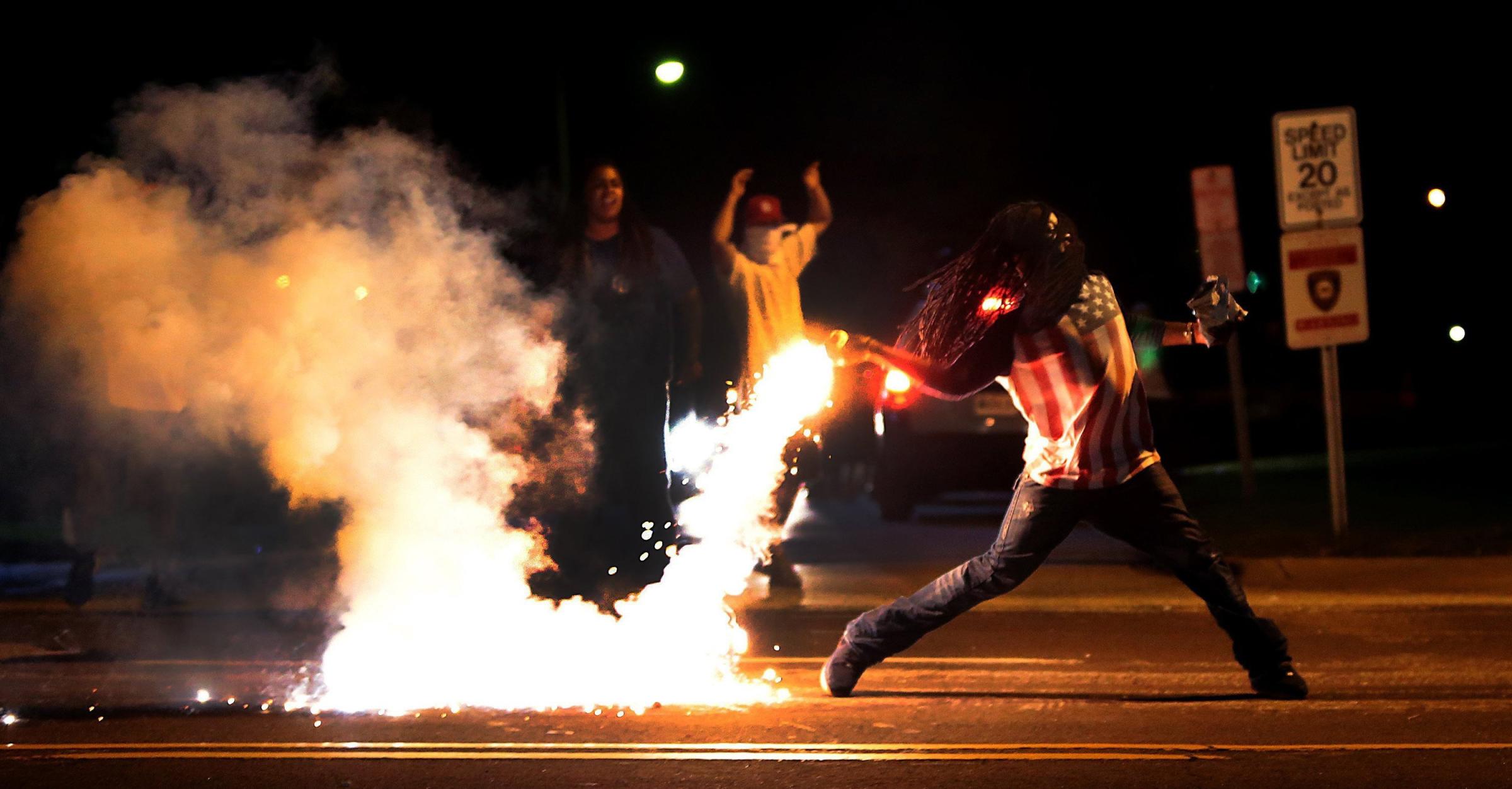
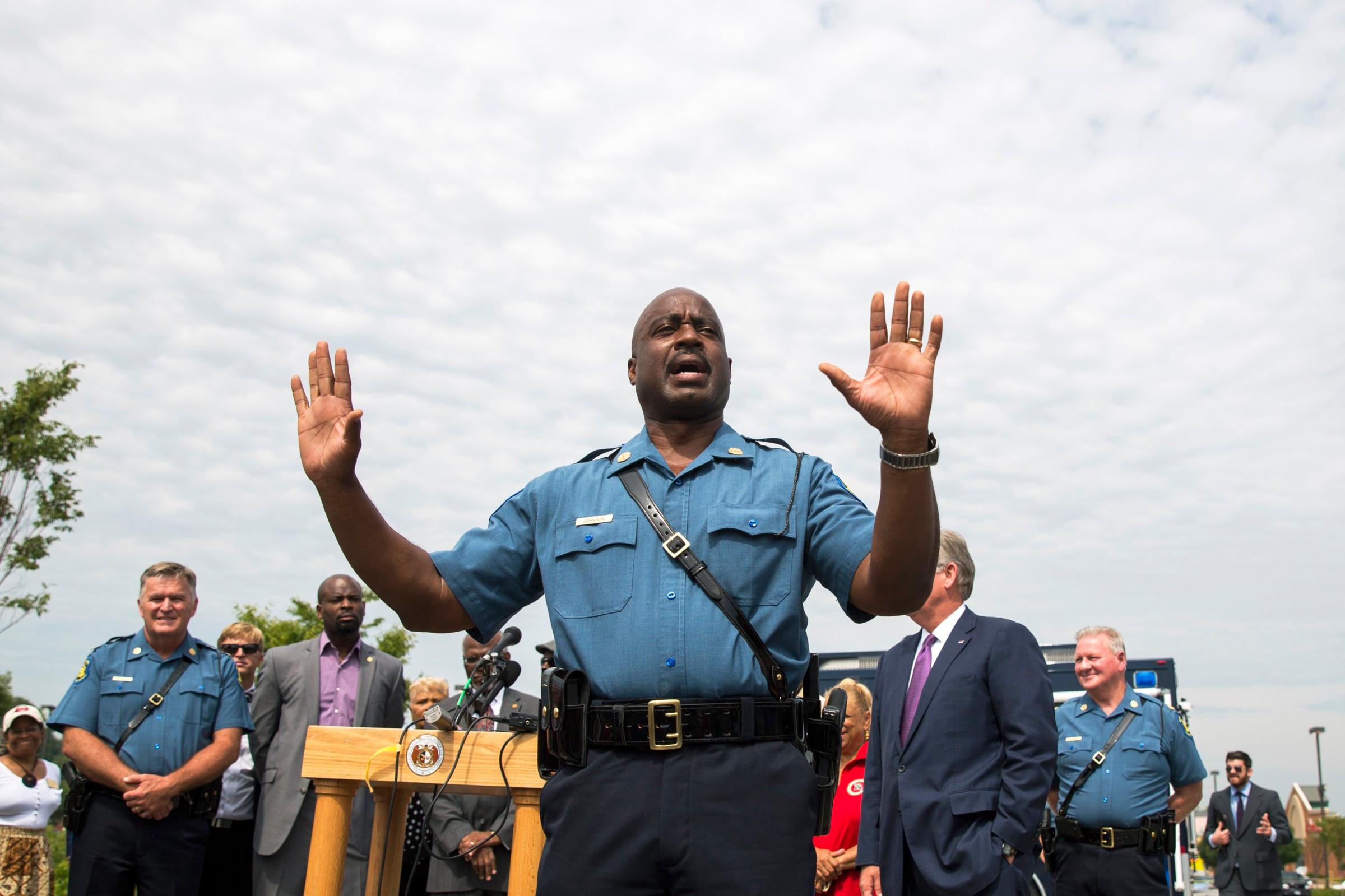
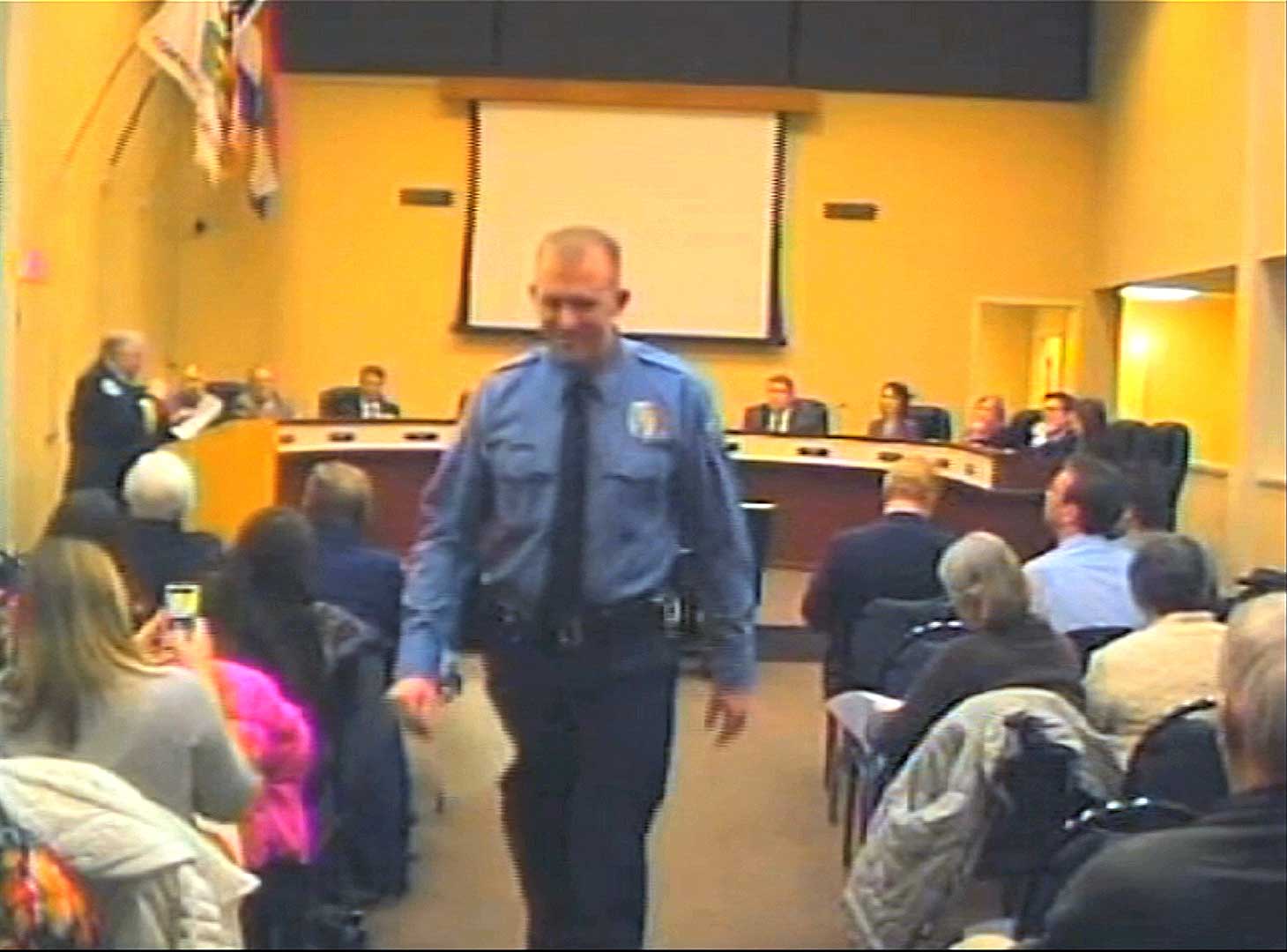
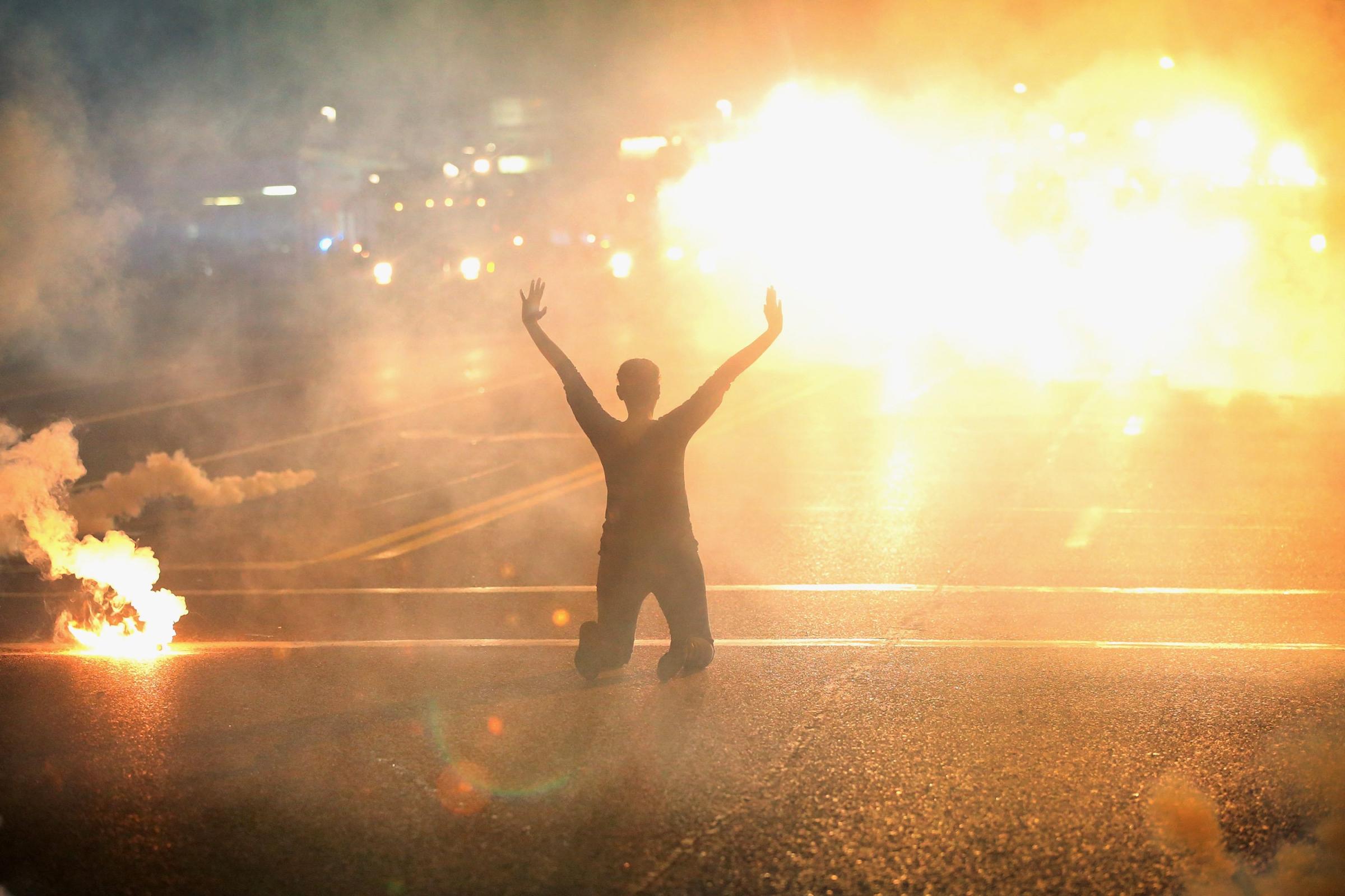
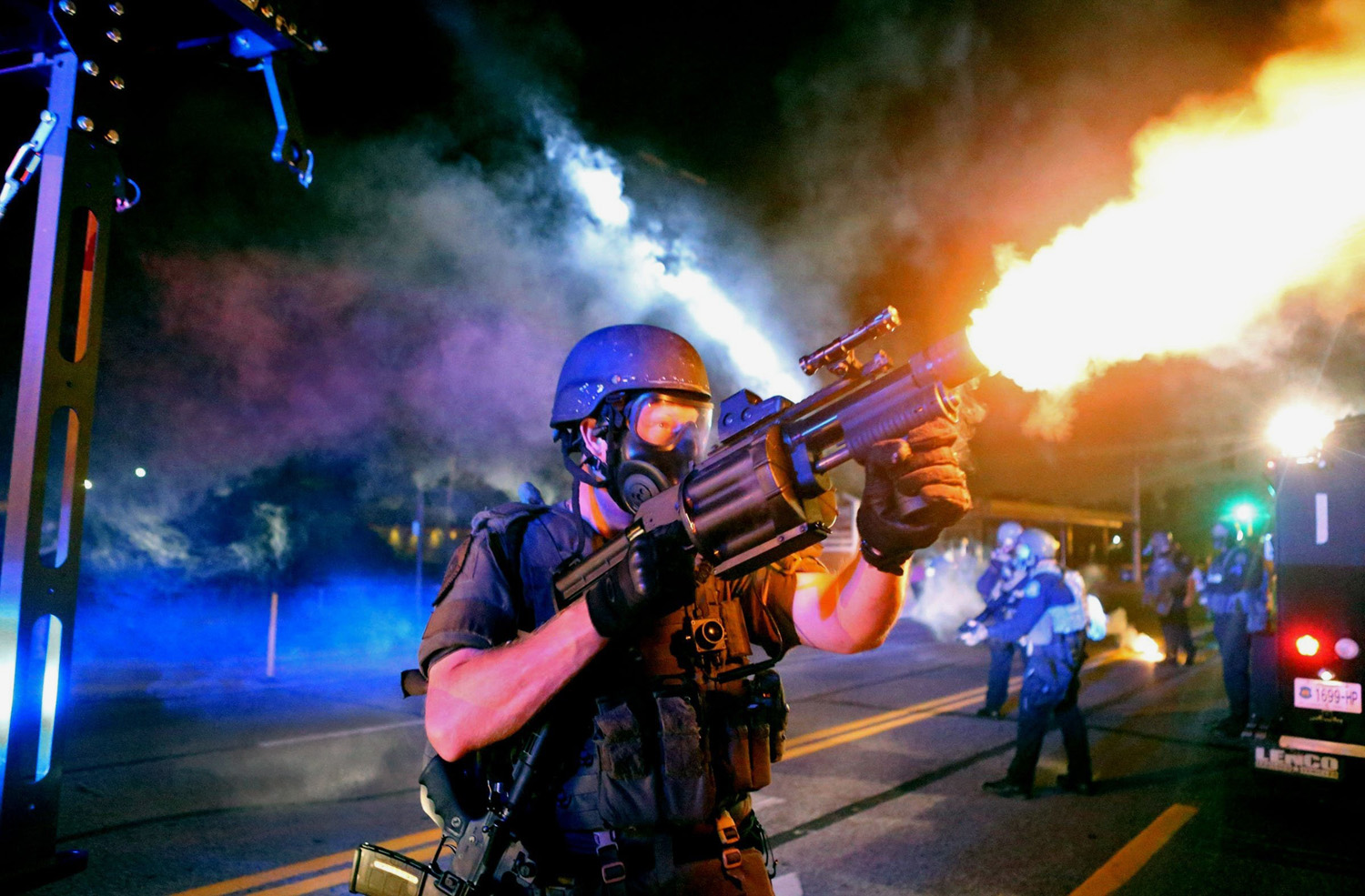
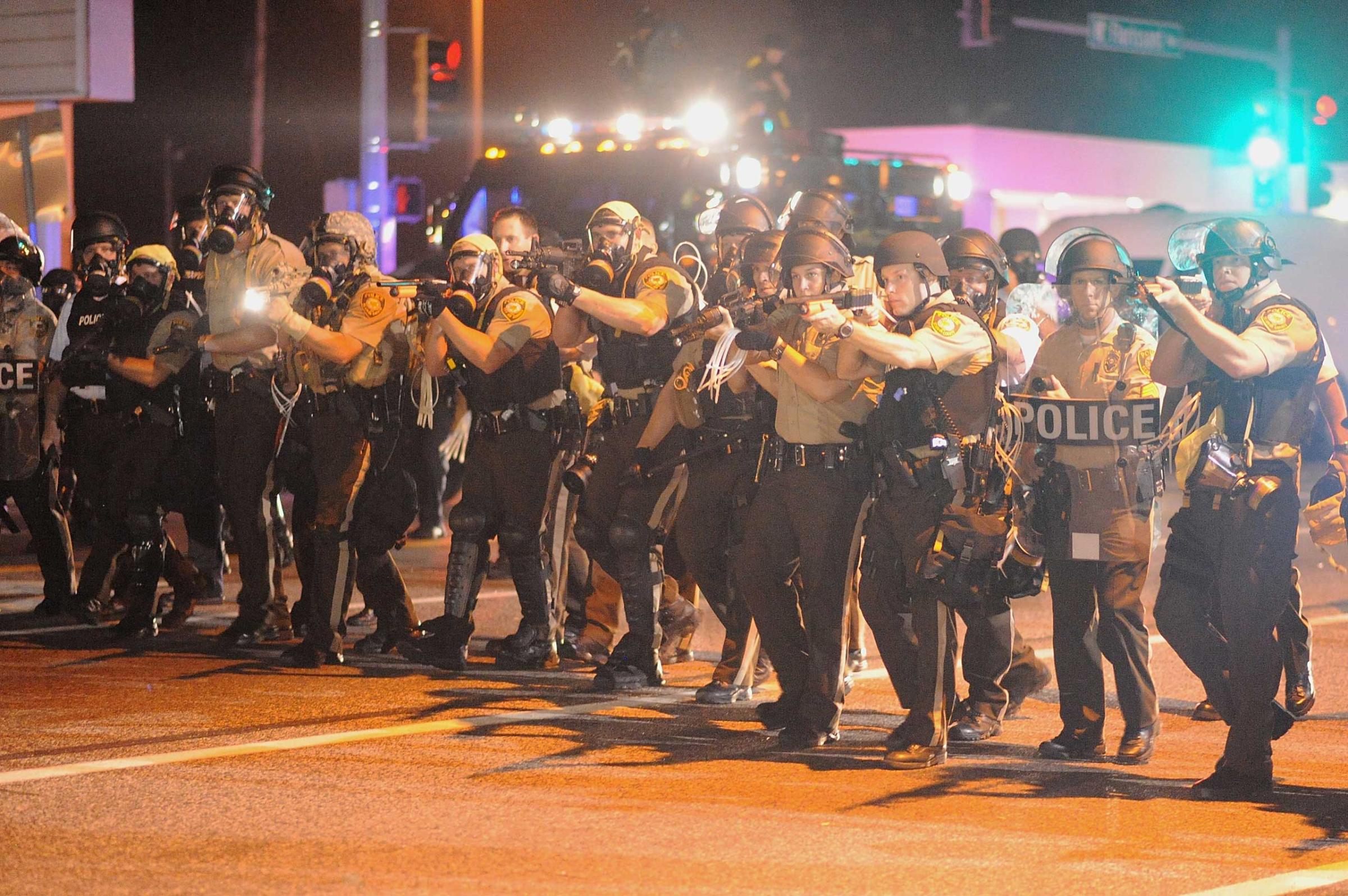
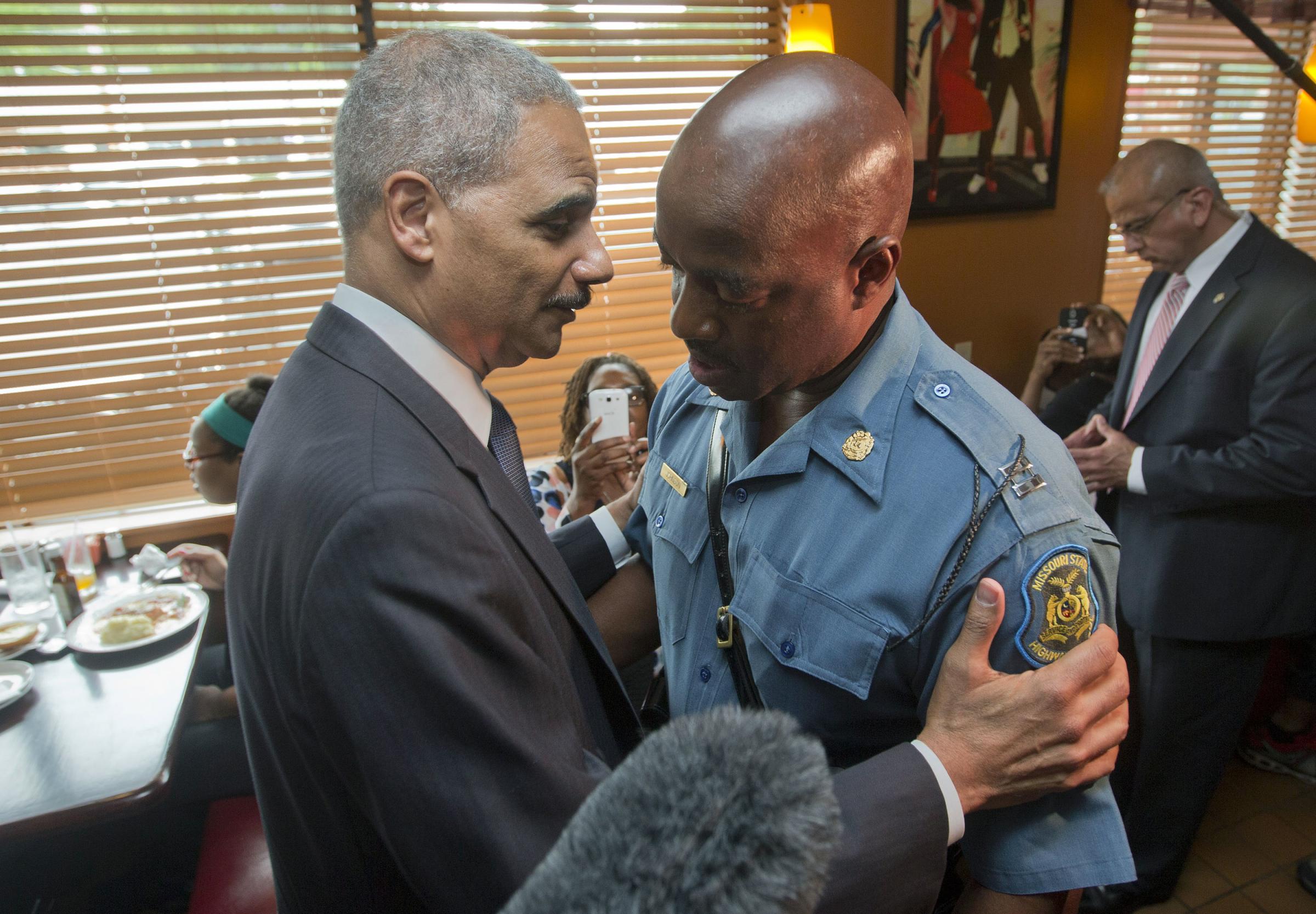
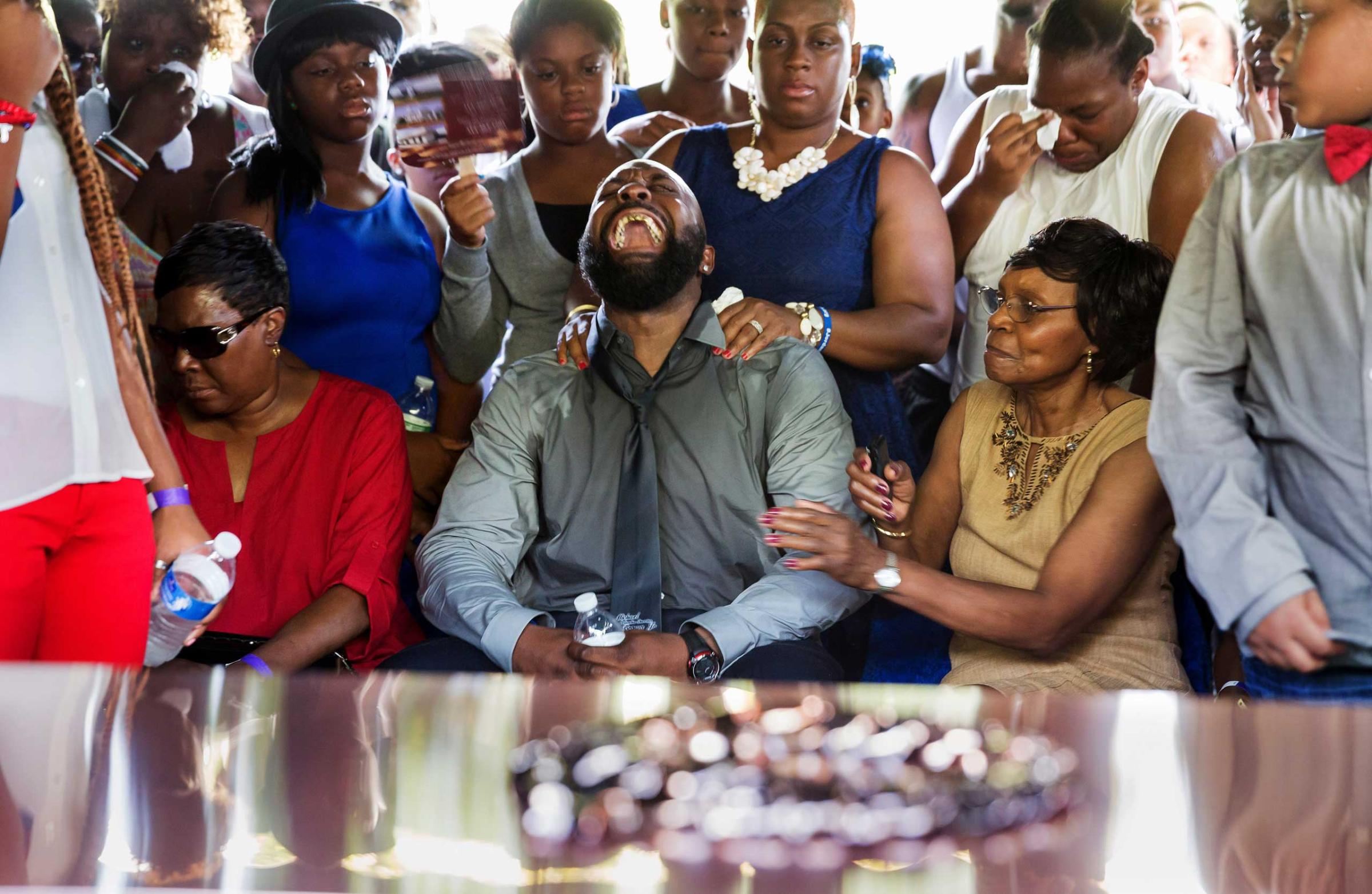
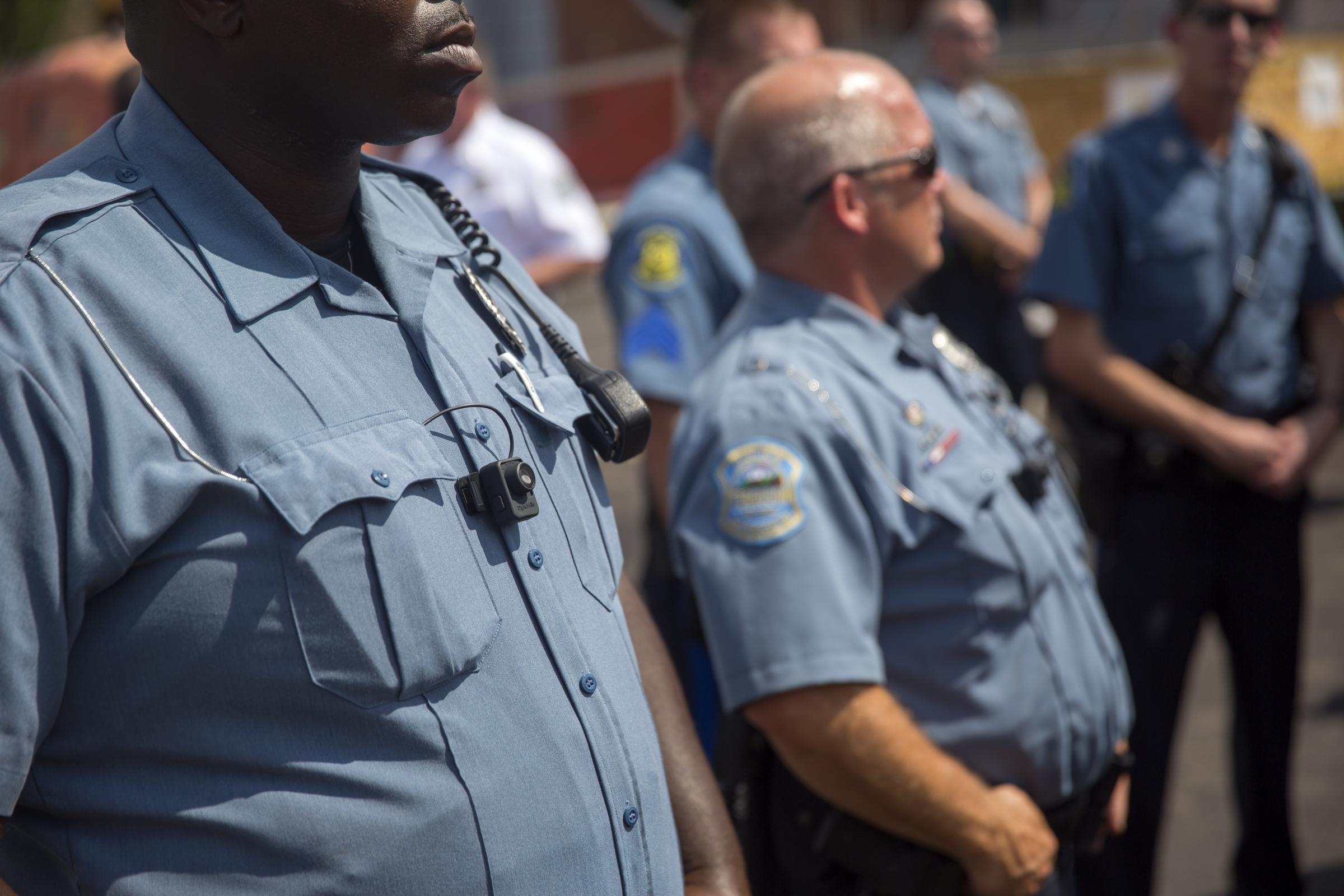
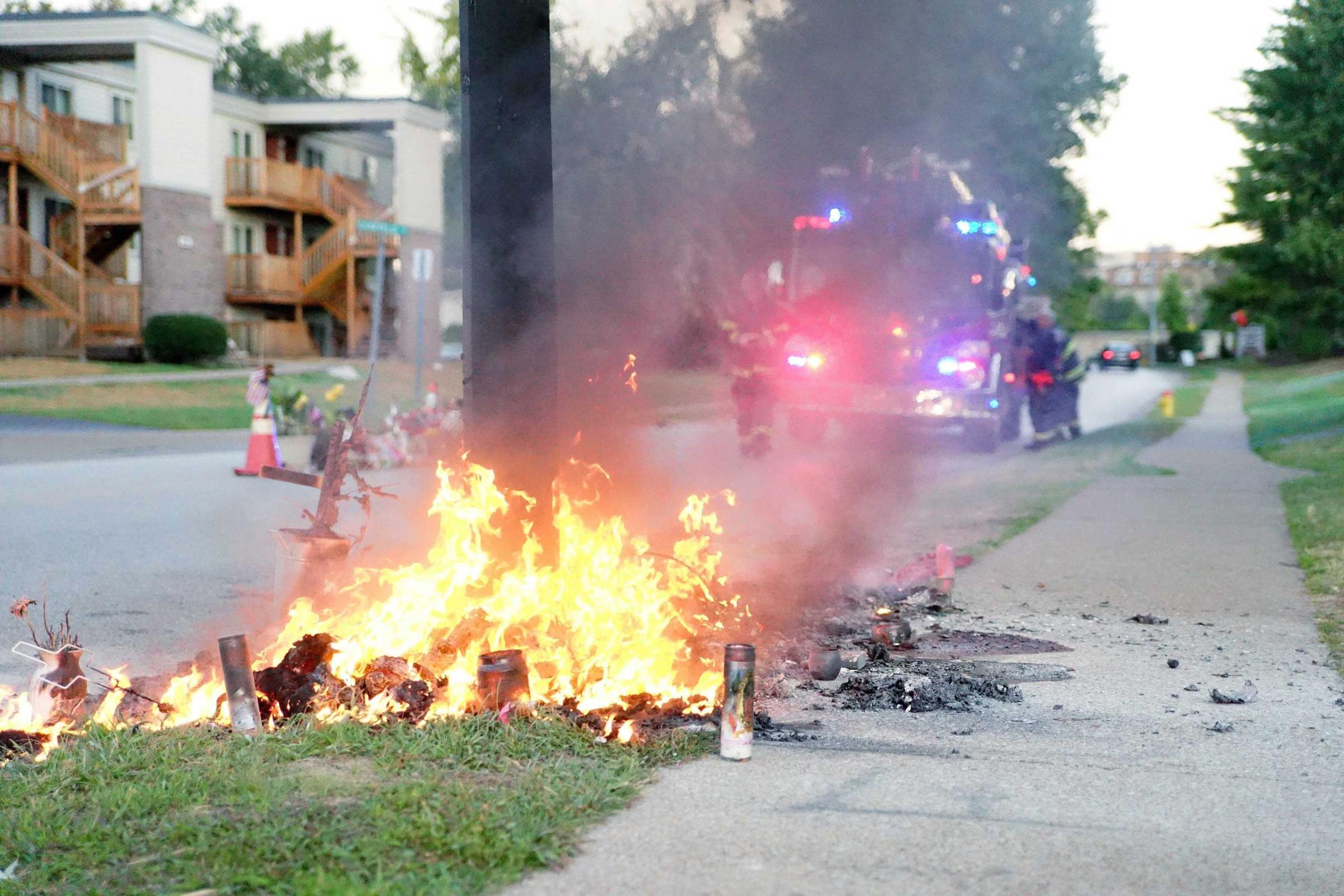
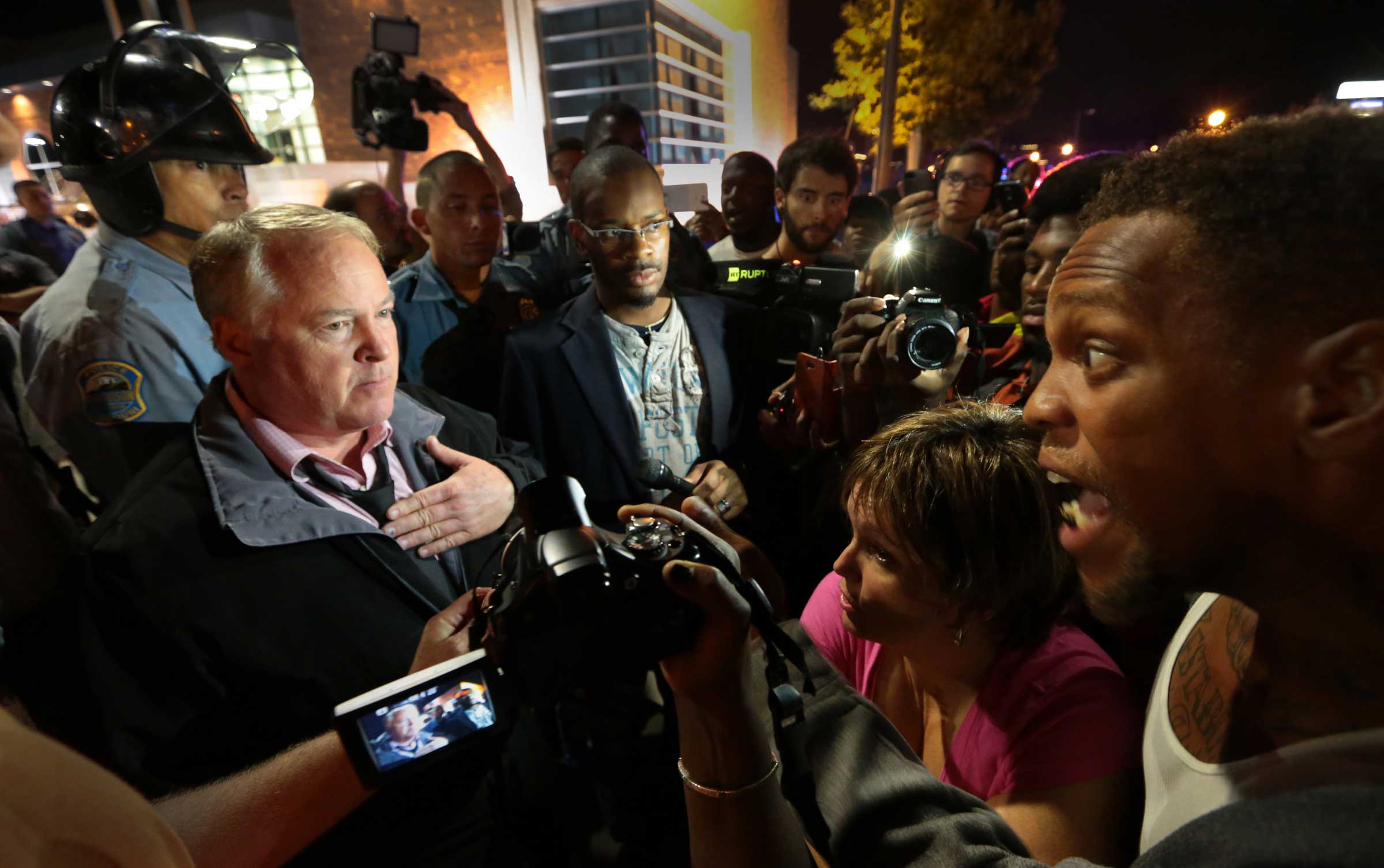
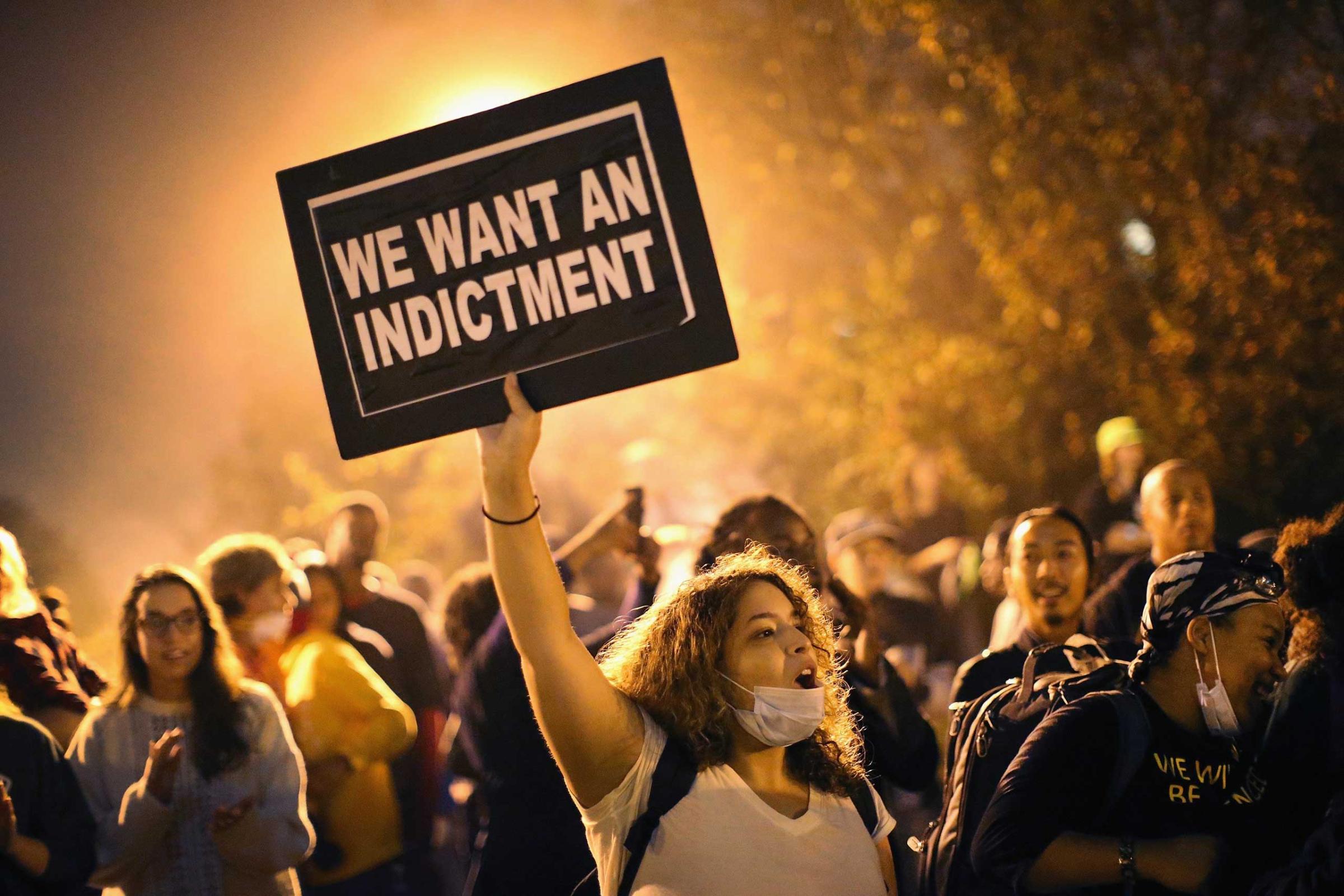
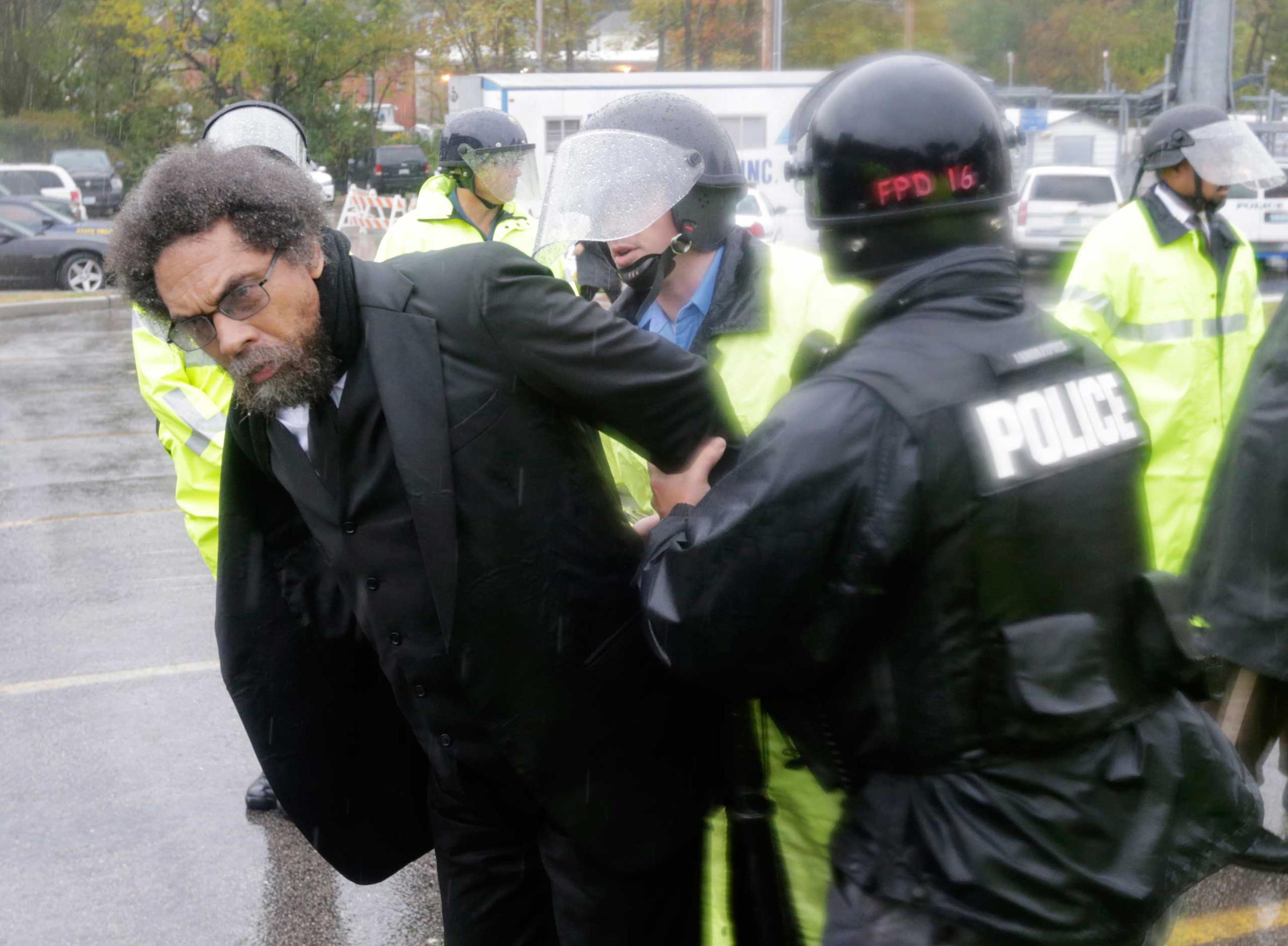
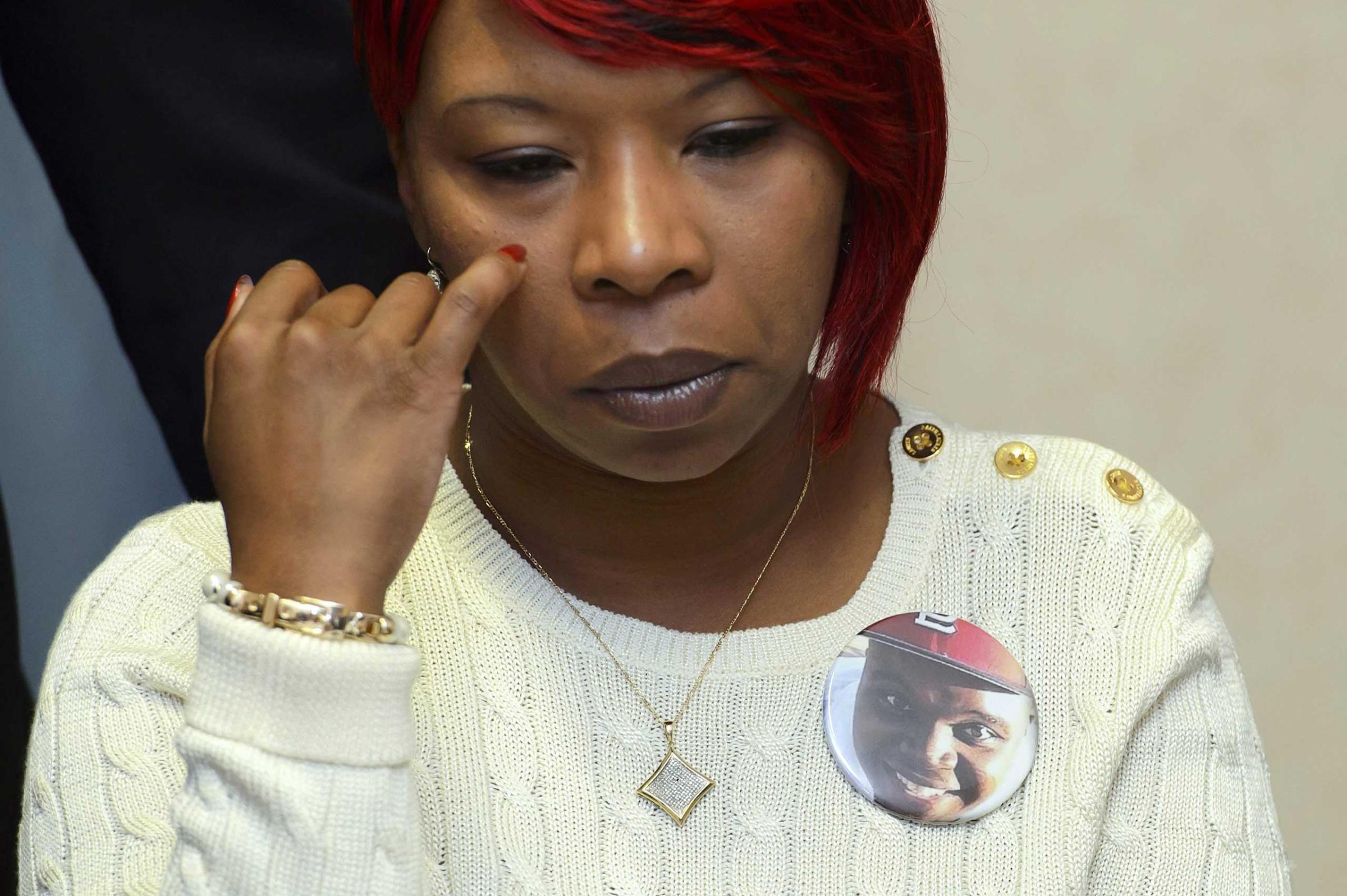
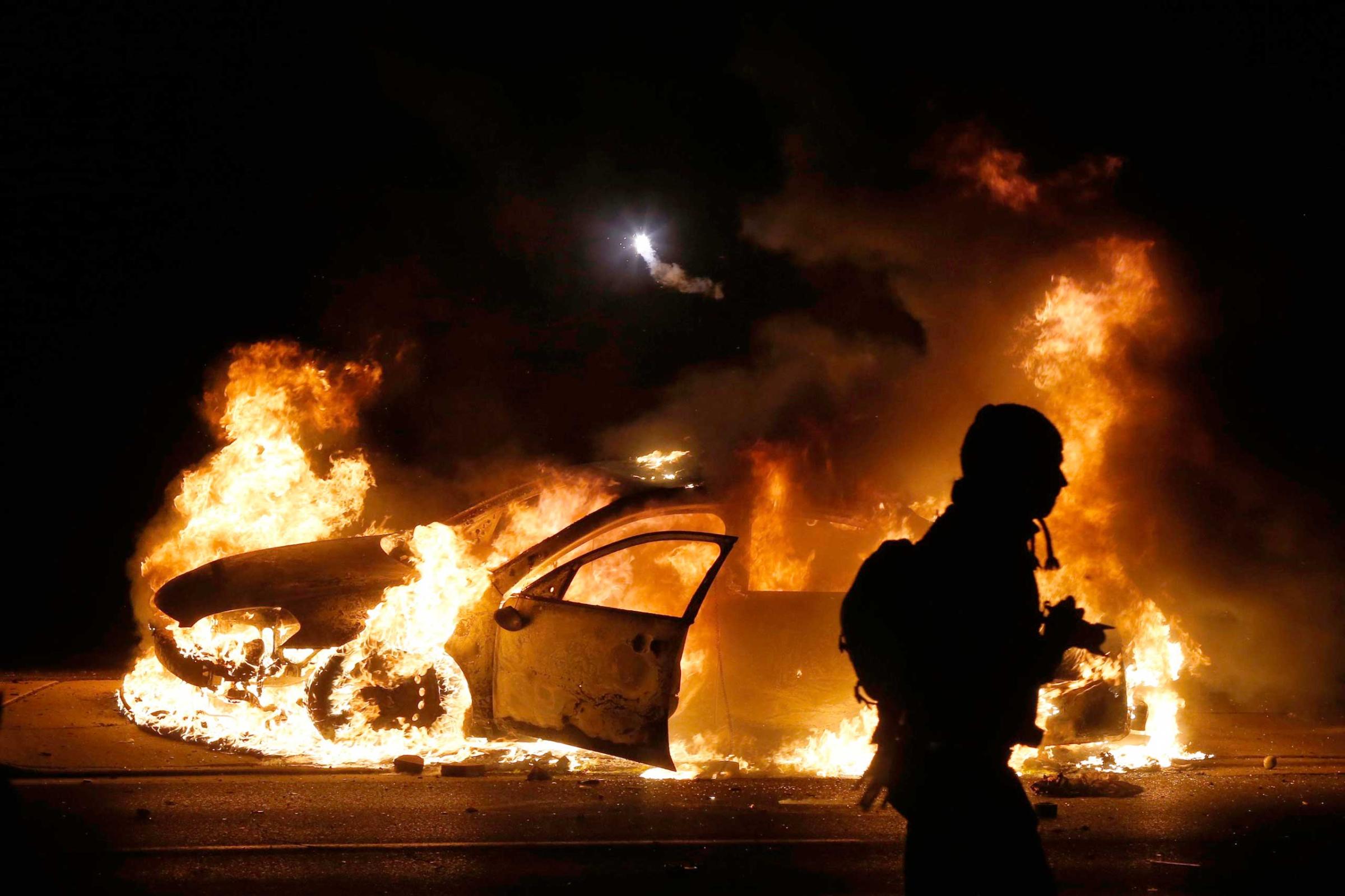
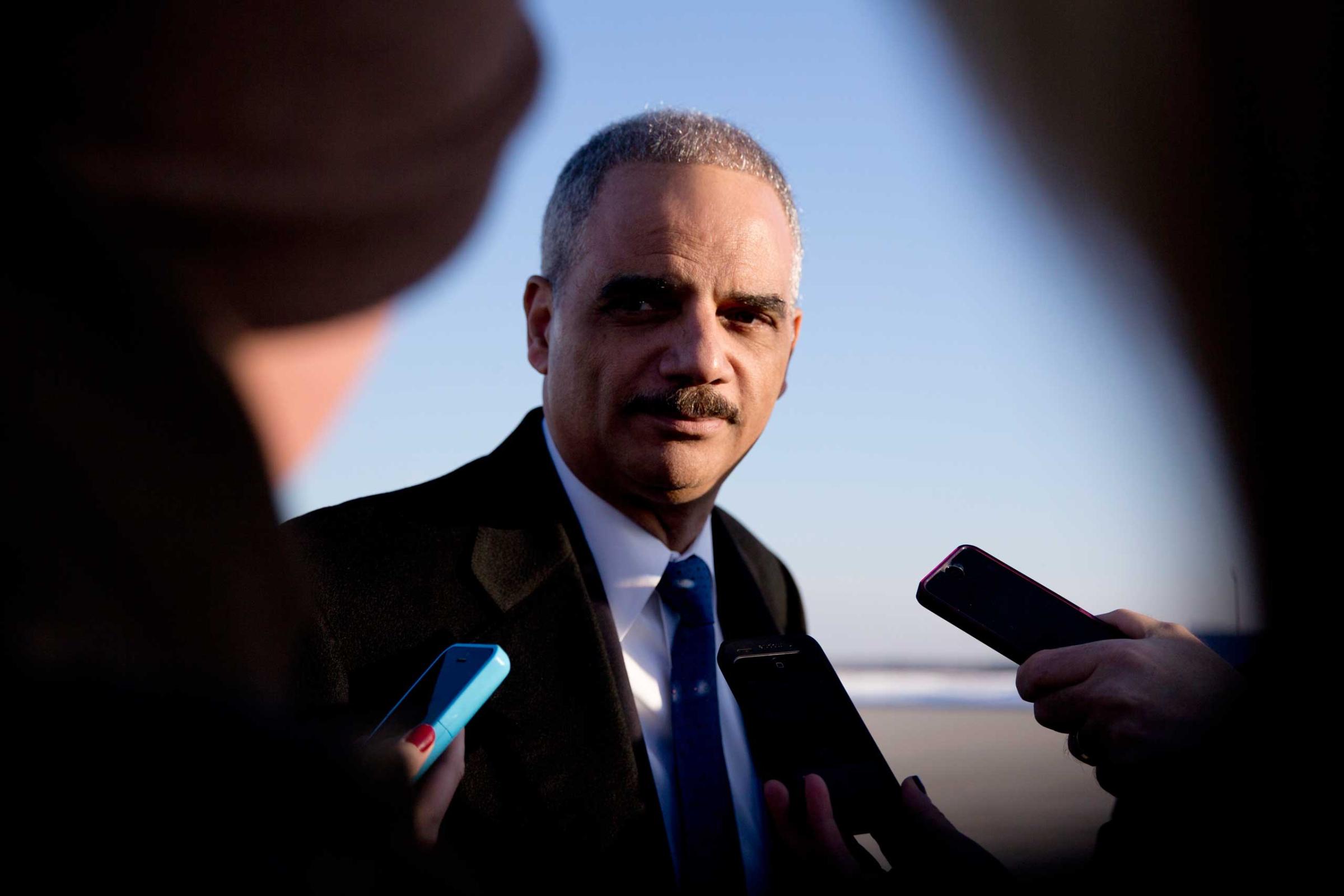
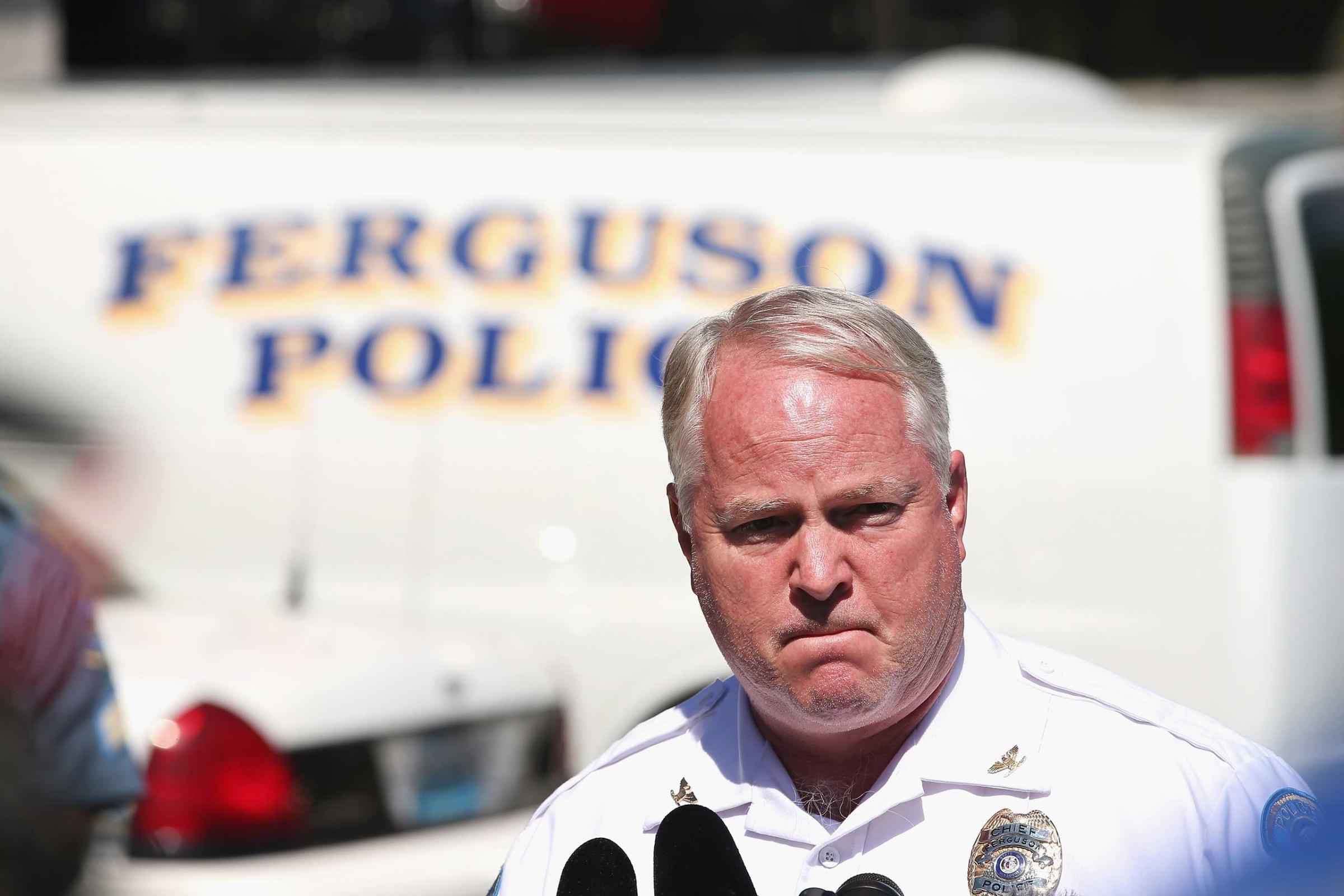
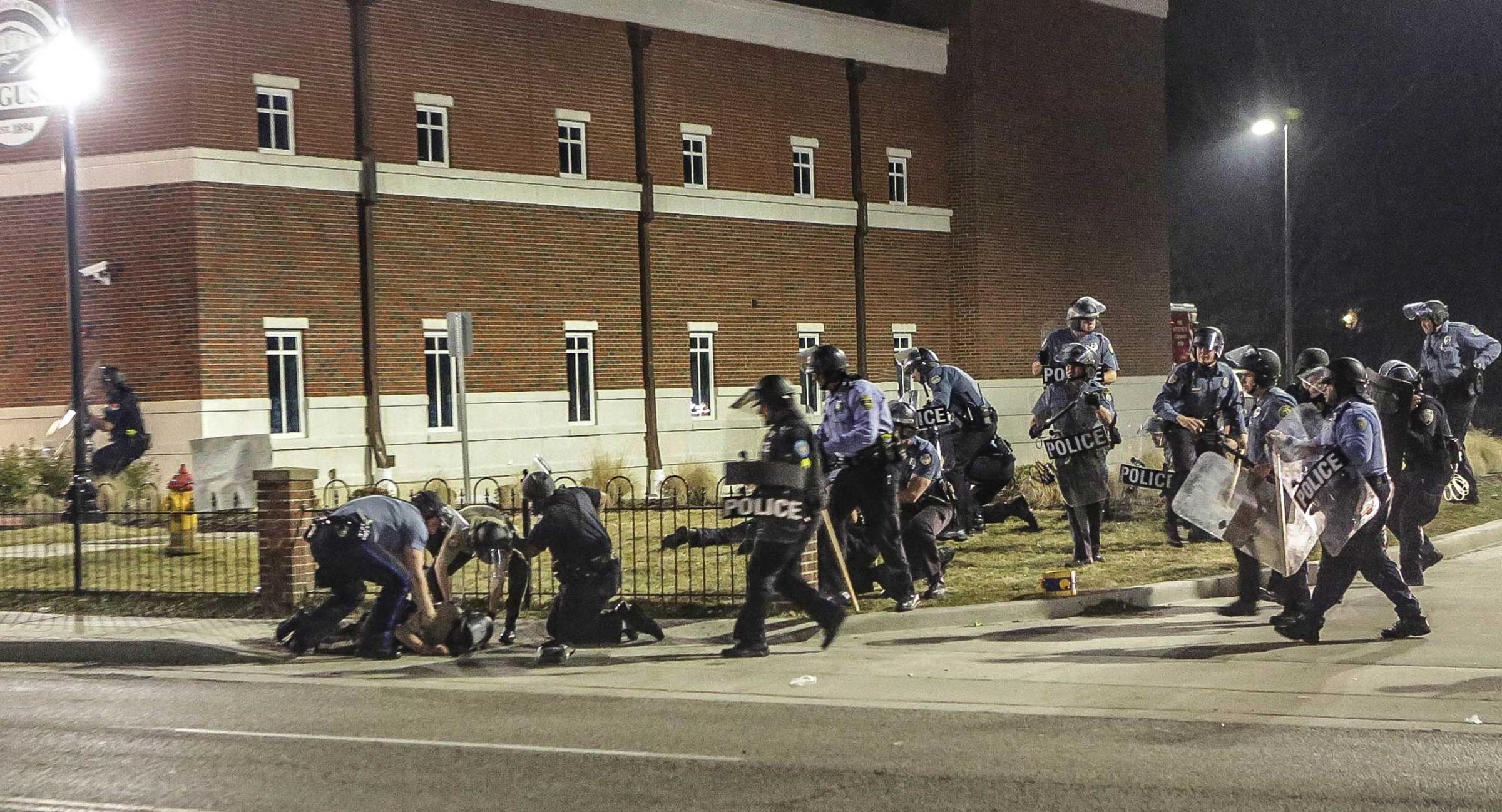
There are small signs of progress. In December, Congress passed a law requiring police departments to report the death of a person in police custody to the Justice Department. Obama has asked for $263 million in funding for new body cameras and training for police departments. He also ordered a review of a federal program that supplies millions of dollars of military equipment to municipal police departments.
Several prominent Republicans, including Sen. Rand Paul of Kentucky and Rep. Paul Ryan of Wisconsin, have called for the party to address criminal-justice policies that harm minority communities. Billionaire industrialist Charles Koch, a top conservative donor, is redoubling his efforts to enact criminal-justice reforms. The growing number of elected Republicans calling for justice reform has brightened the prospect of legislative action.
On Thursday the Conference of Mayors released a report to help local law enforcement and politicians address the issue. “There’s a growing gulf of mistrust between police and communities they serve,” says Kevin Johnson, the mayor of Sacramento, Calif., and the chairman of the U.S. Conference of Mayors. The report outlined six areas of focus, from building trust between cops and communities to addressing racial and economic disparities. Karen Freeman-Wilson, the mayor of Gary, Ind., and the chair of the mayoral working group that produced the report, argued the groundswell of anger in the aftermath of Ferguson offered a chance to address long-simmering tensions. “With every tragedy comes opportunity,” she says.
See The Militarization of US Police Forces Over The Years
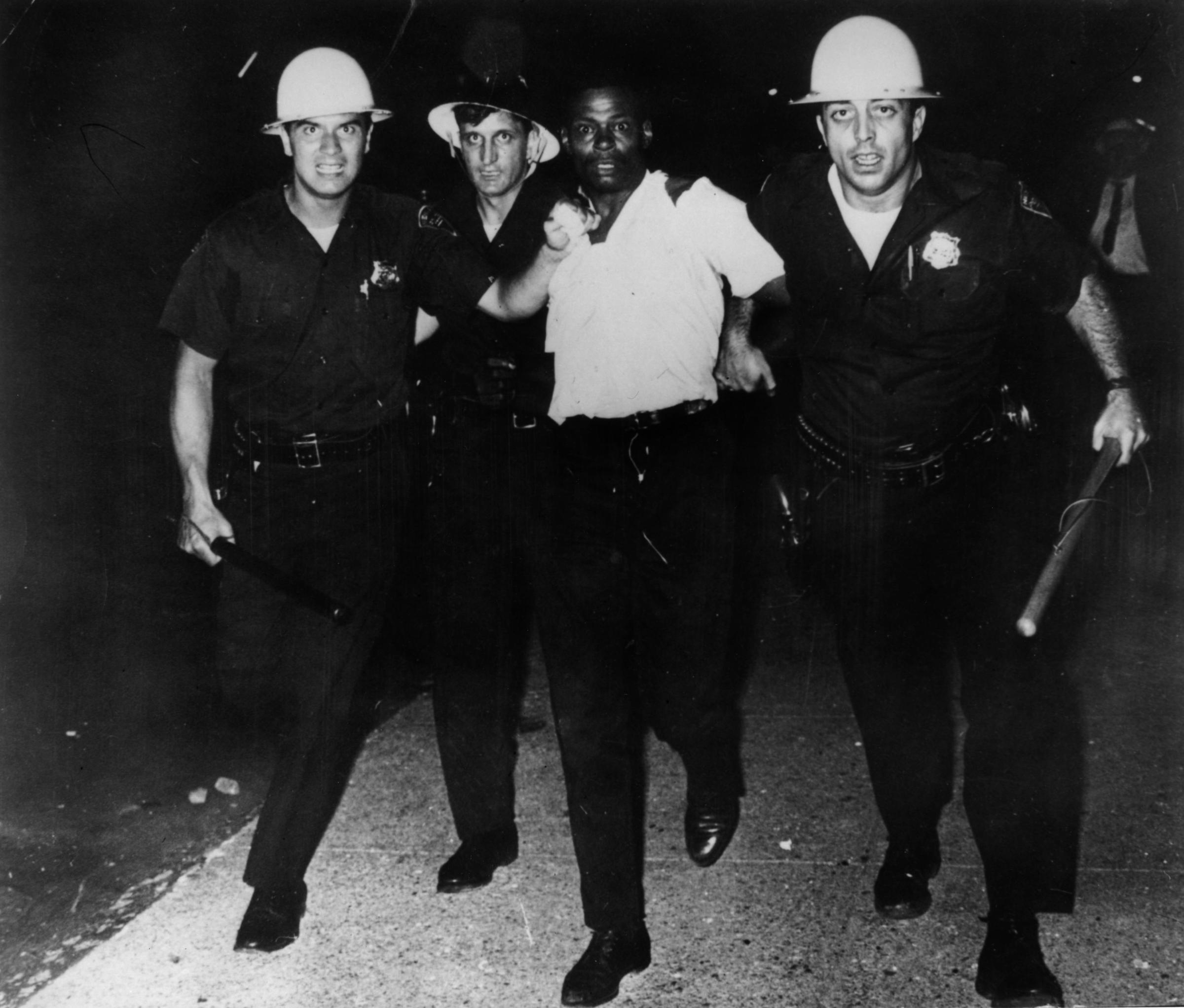
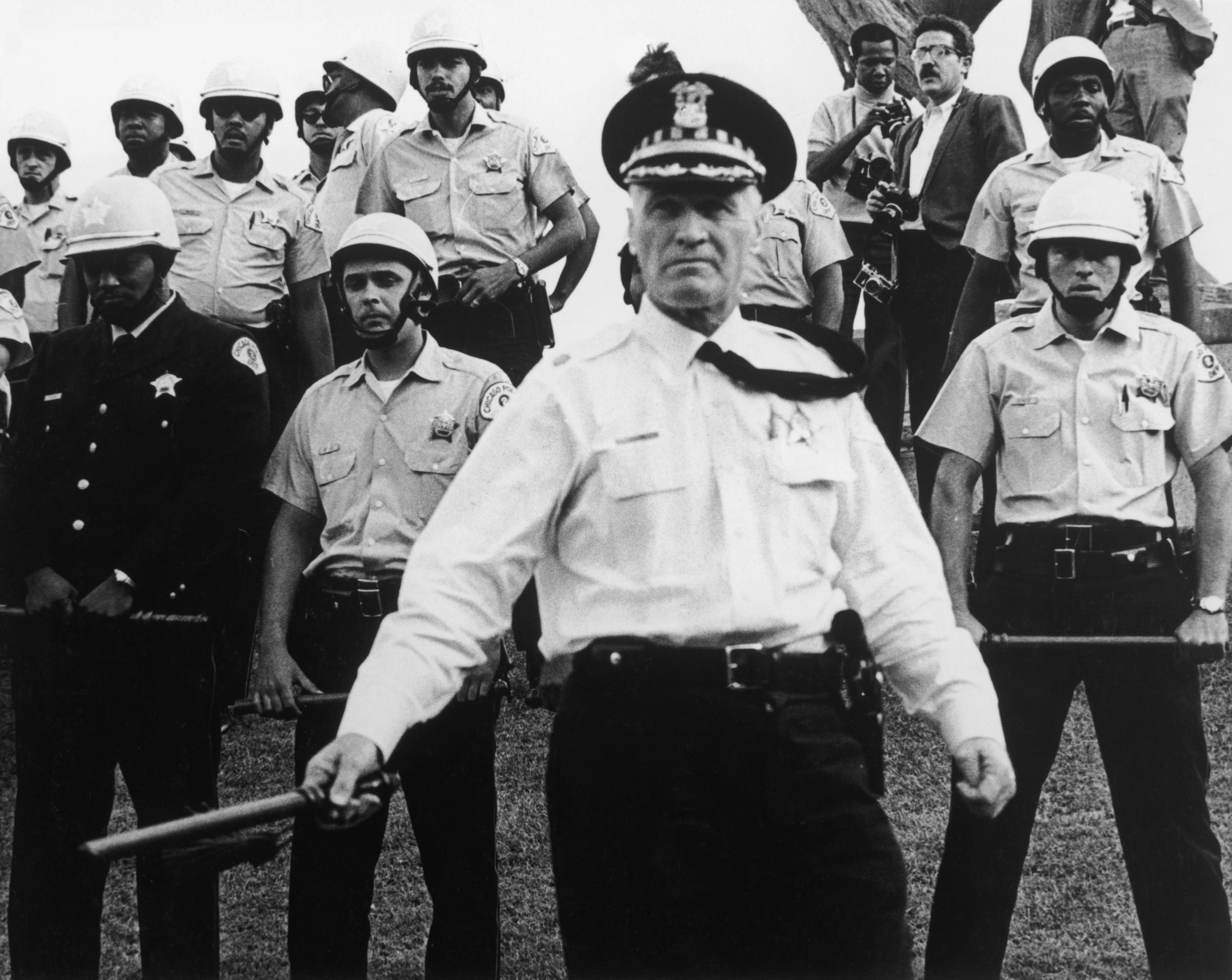
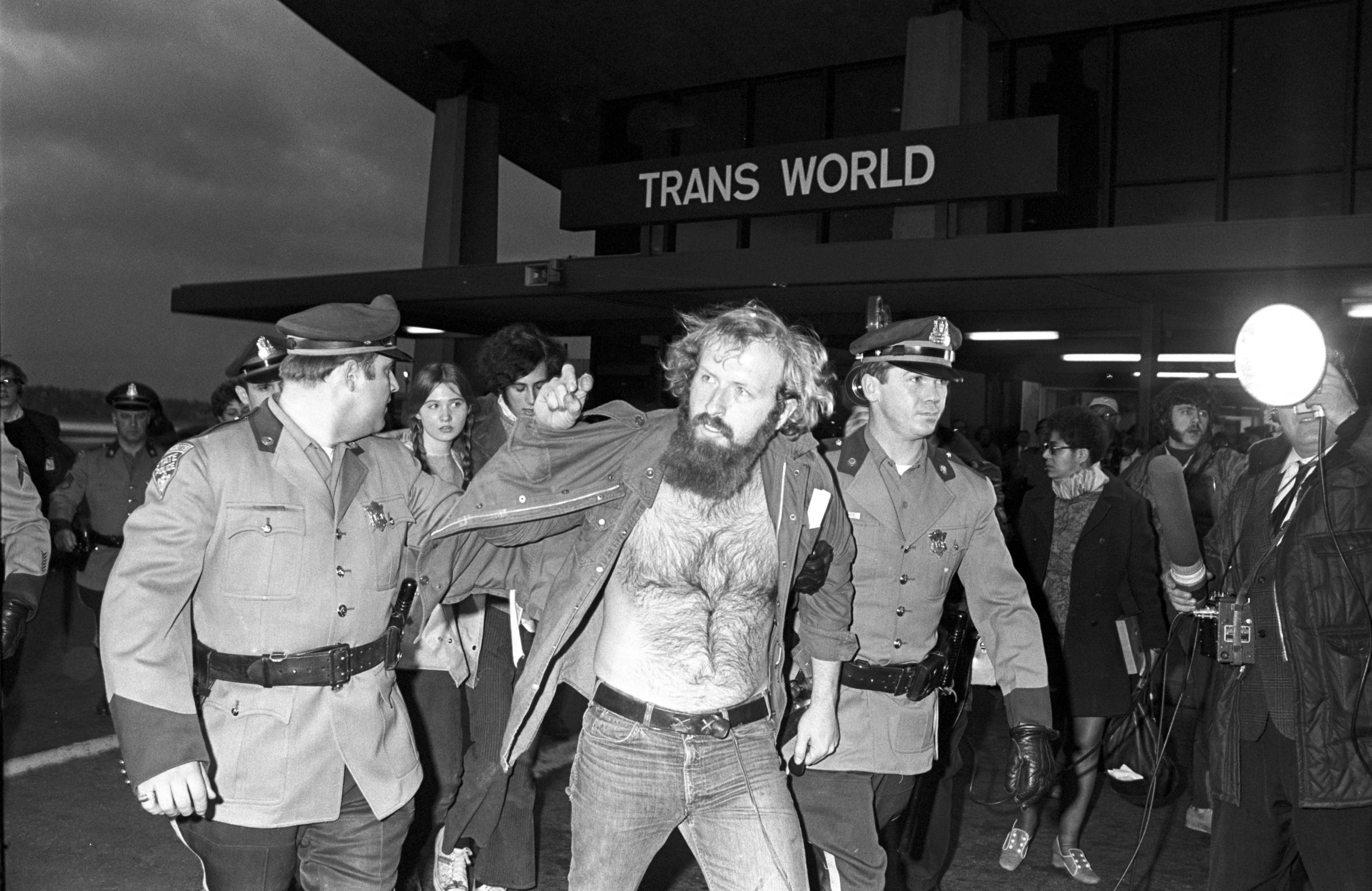
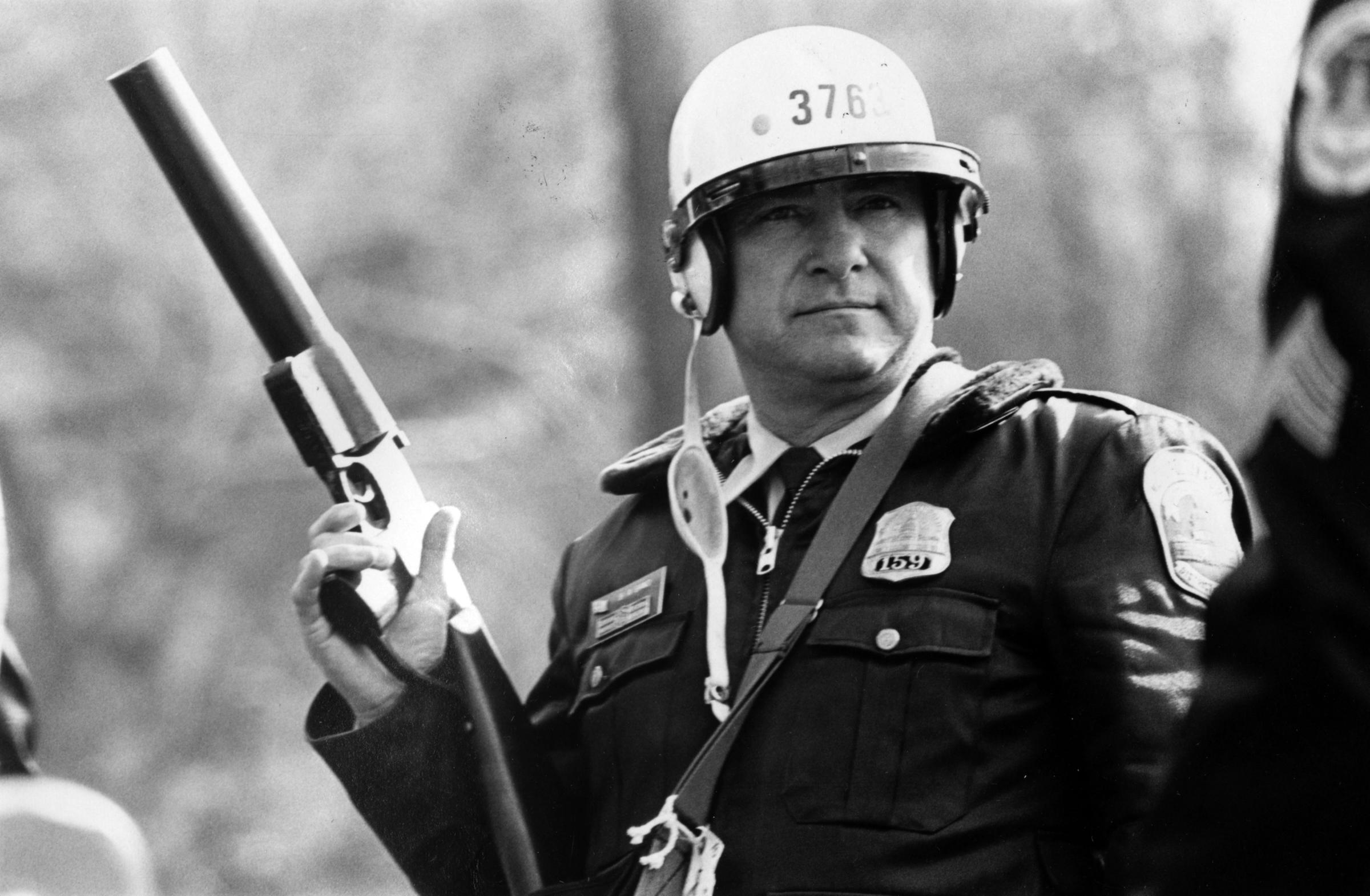
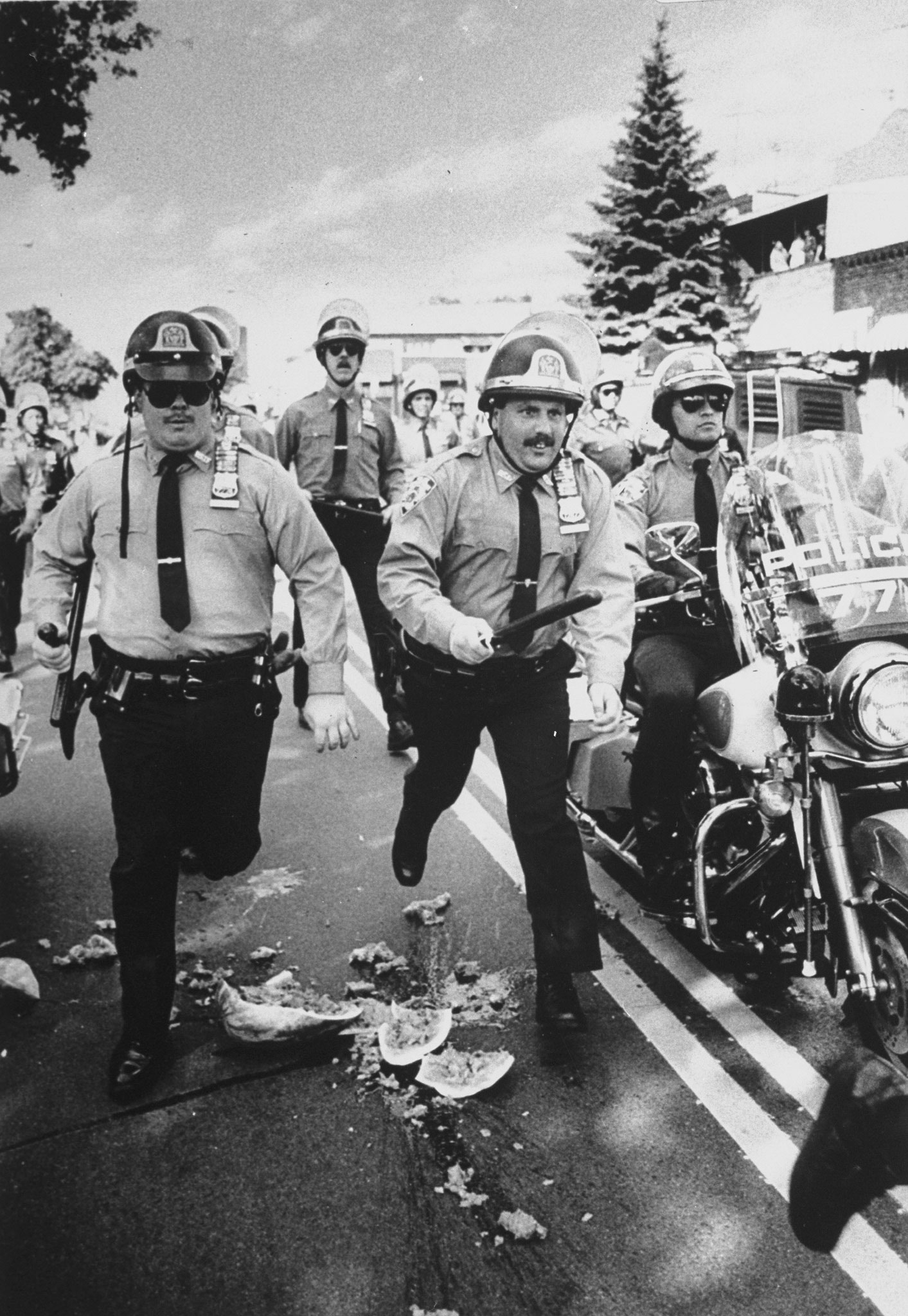
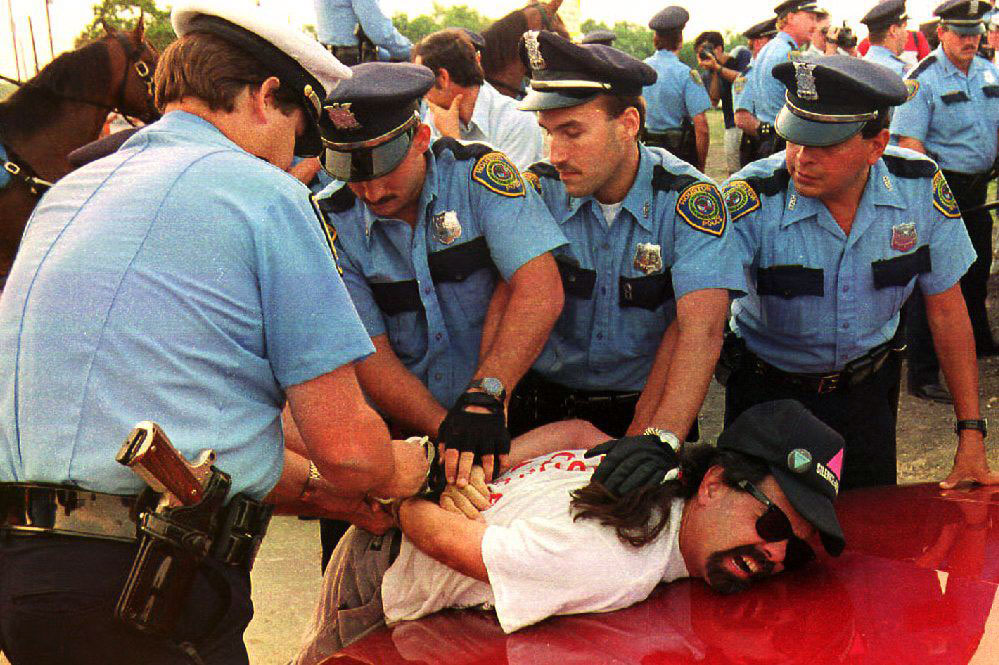
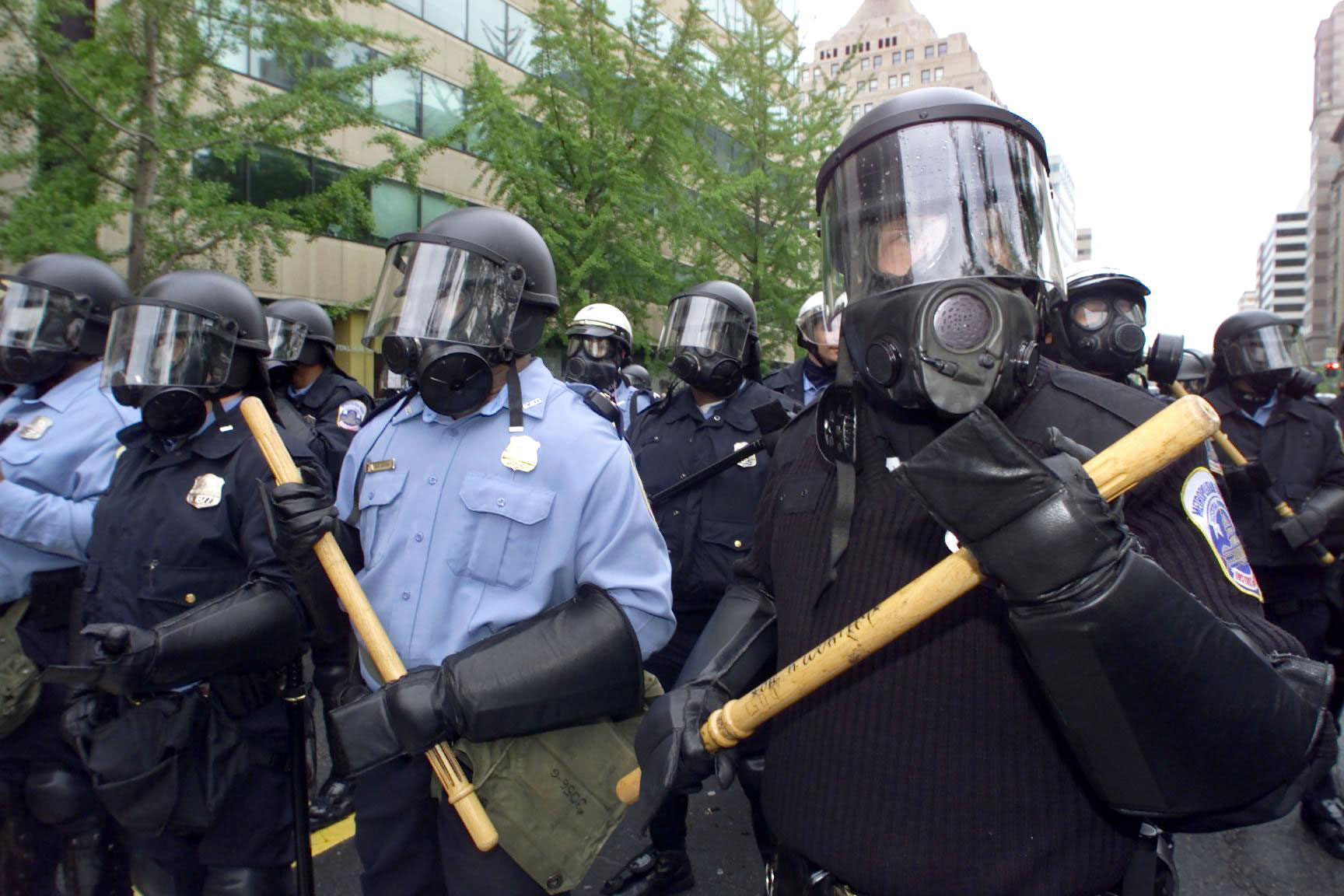
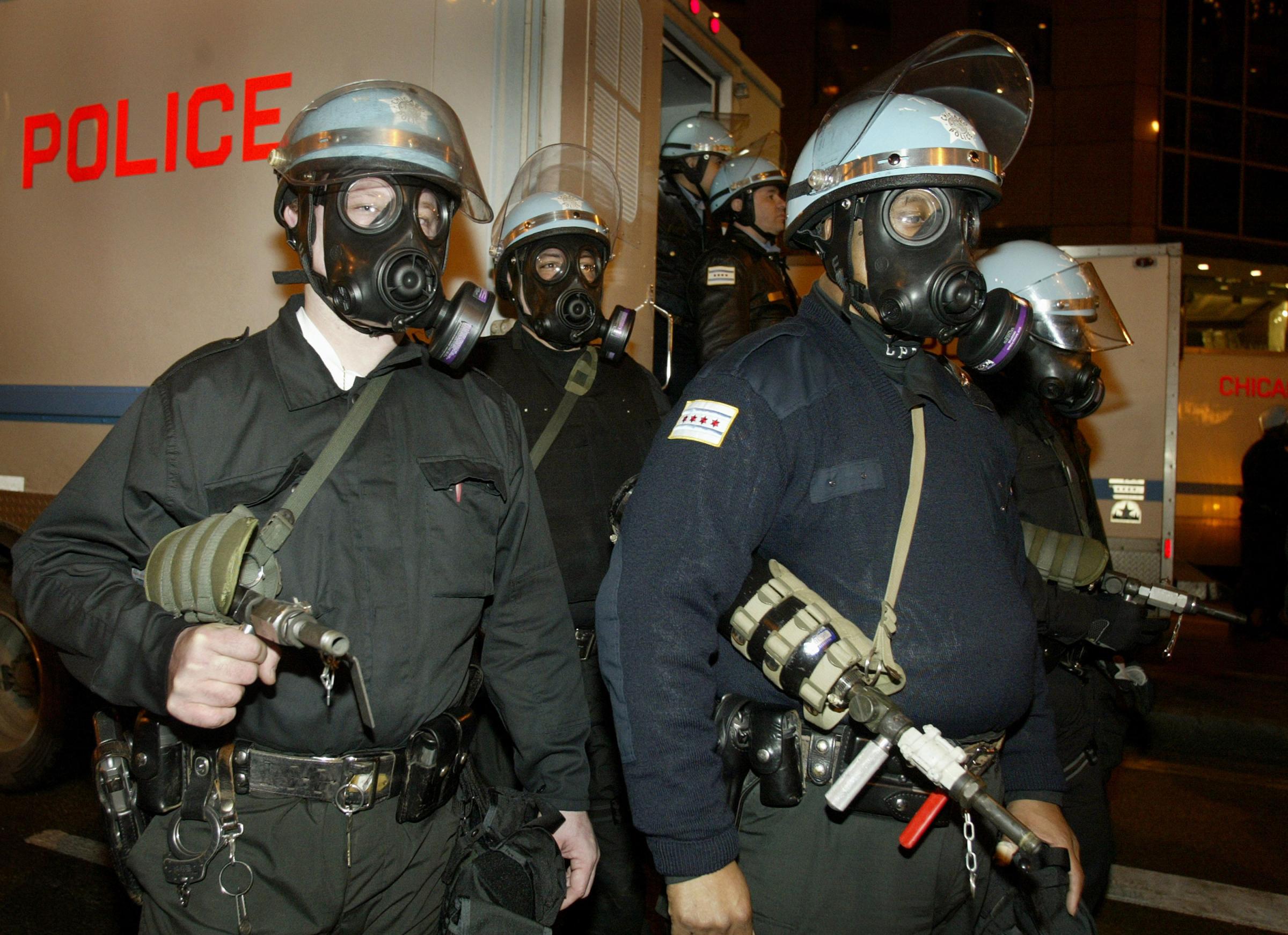
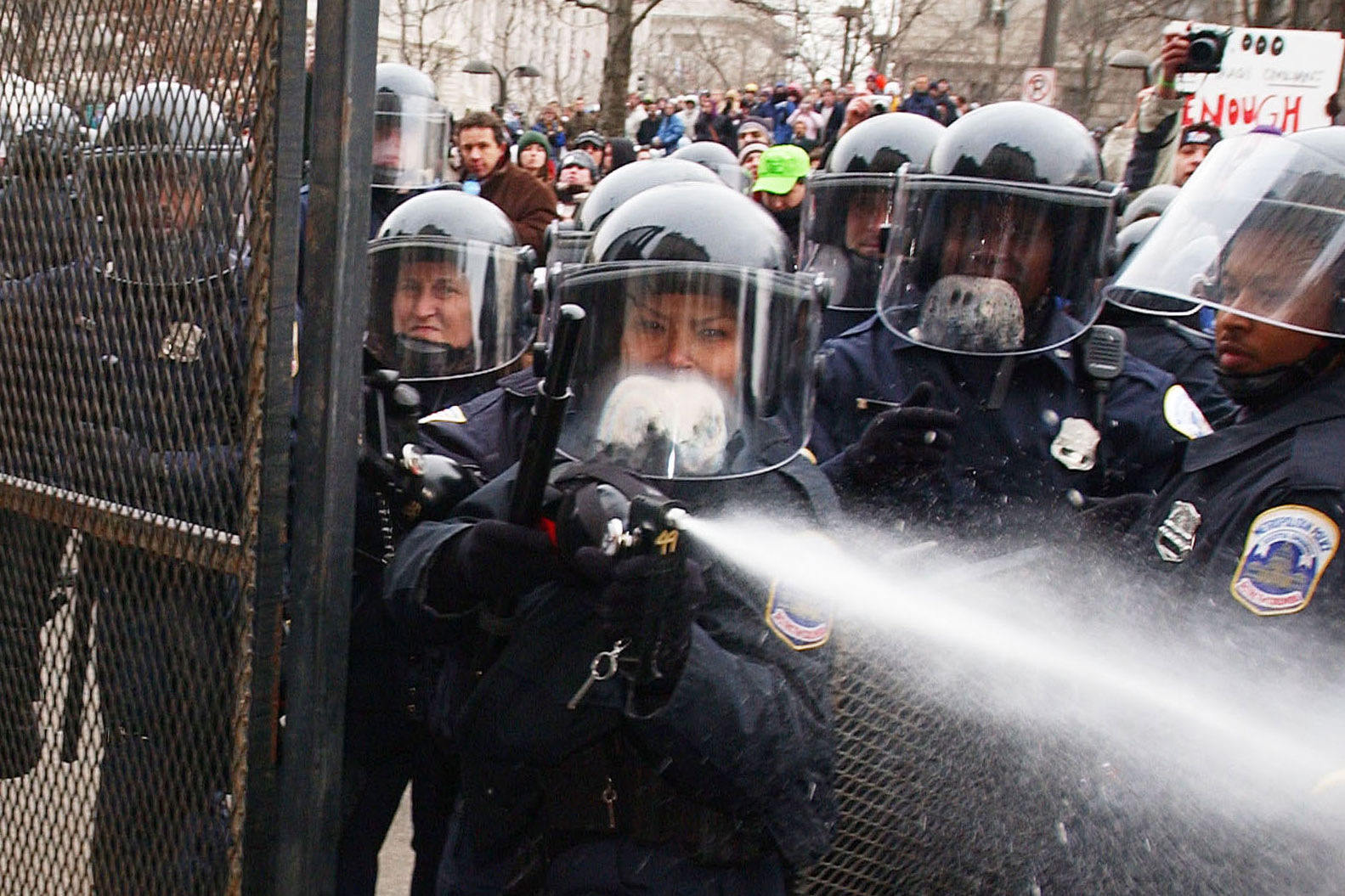
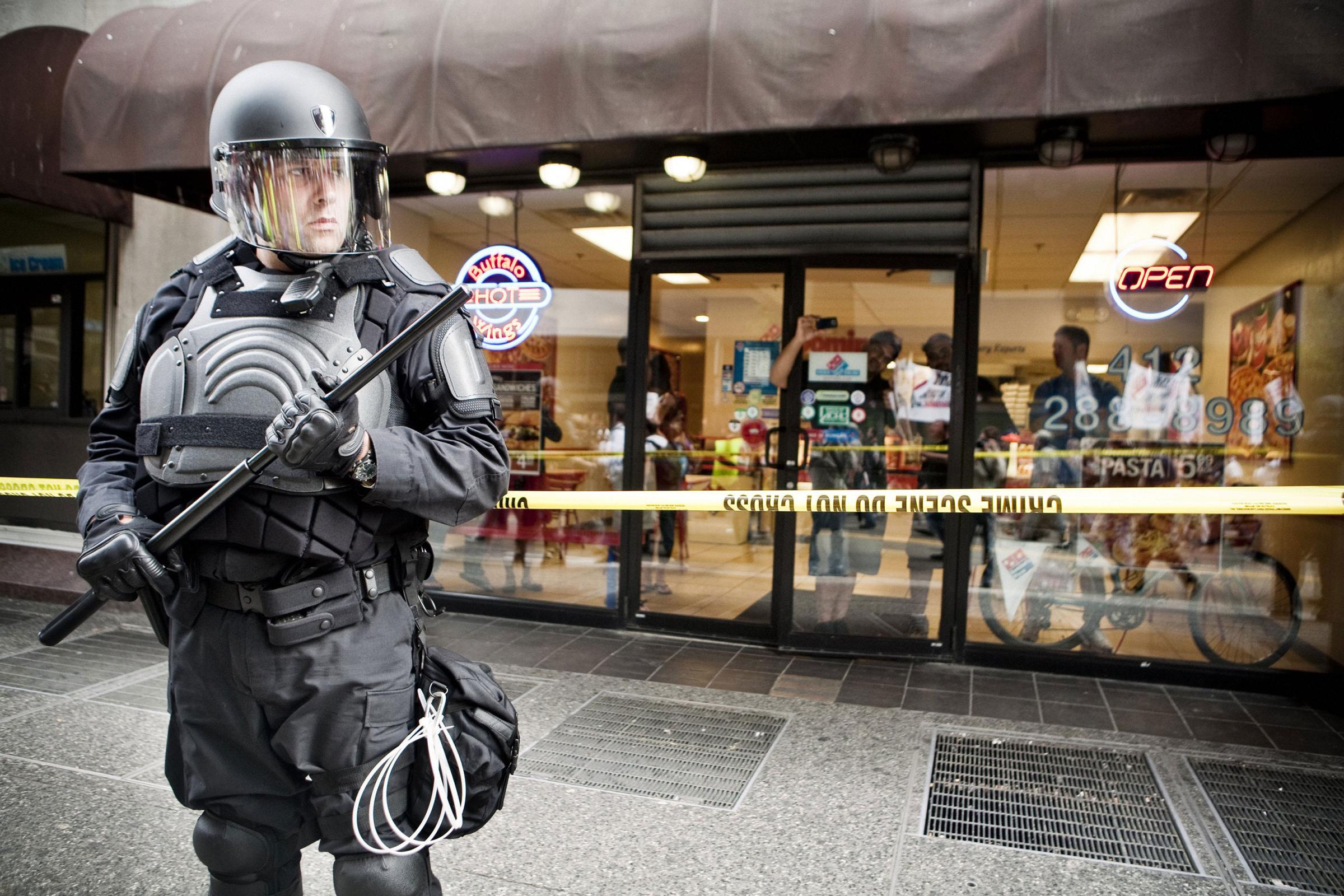
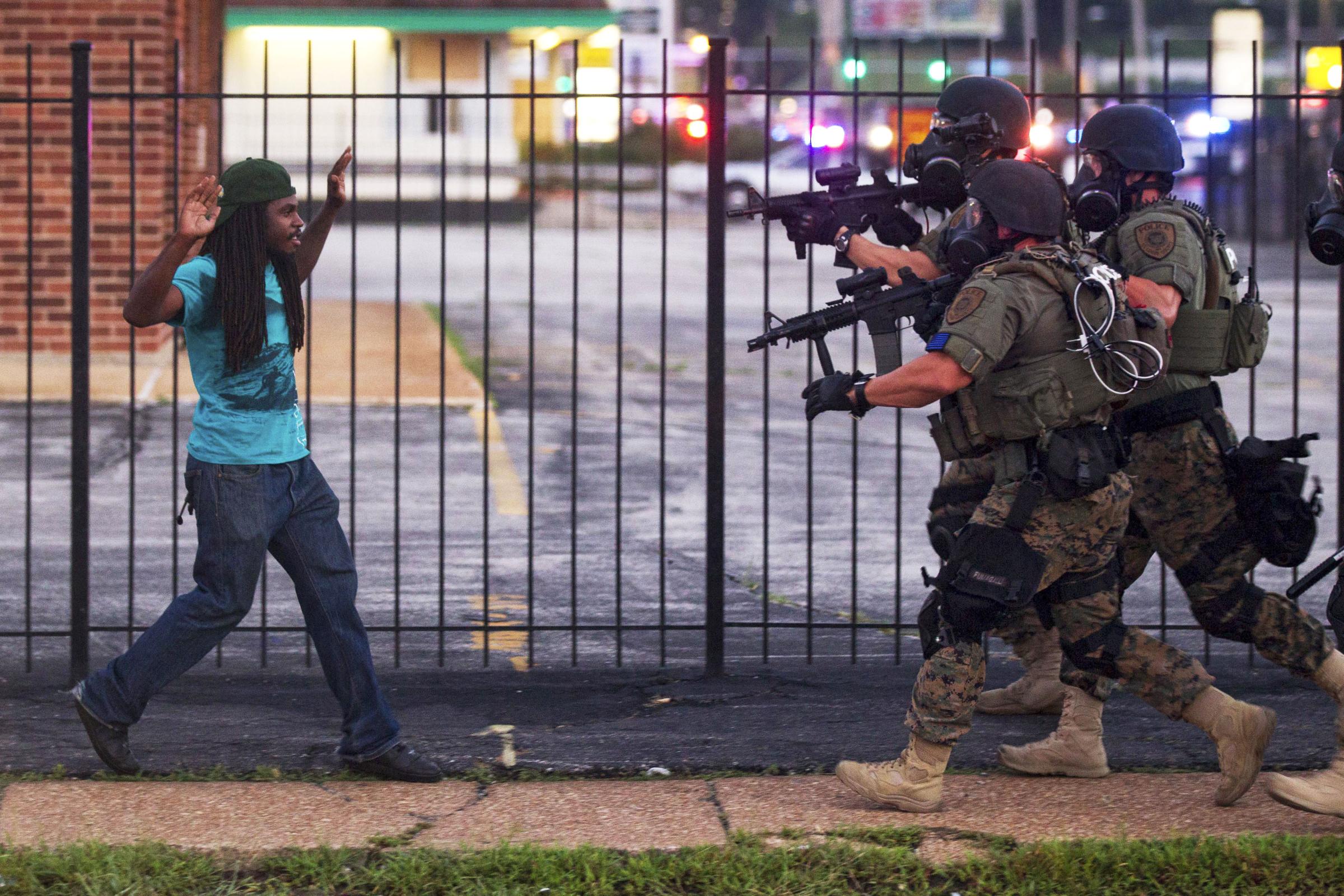
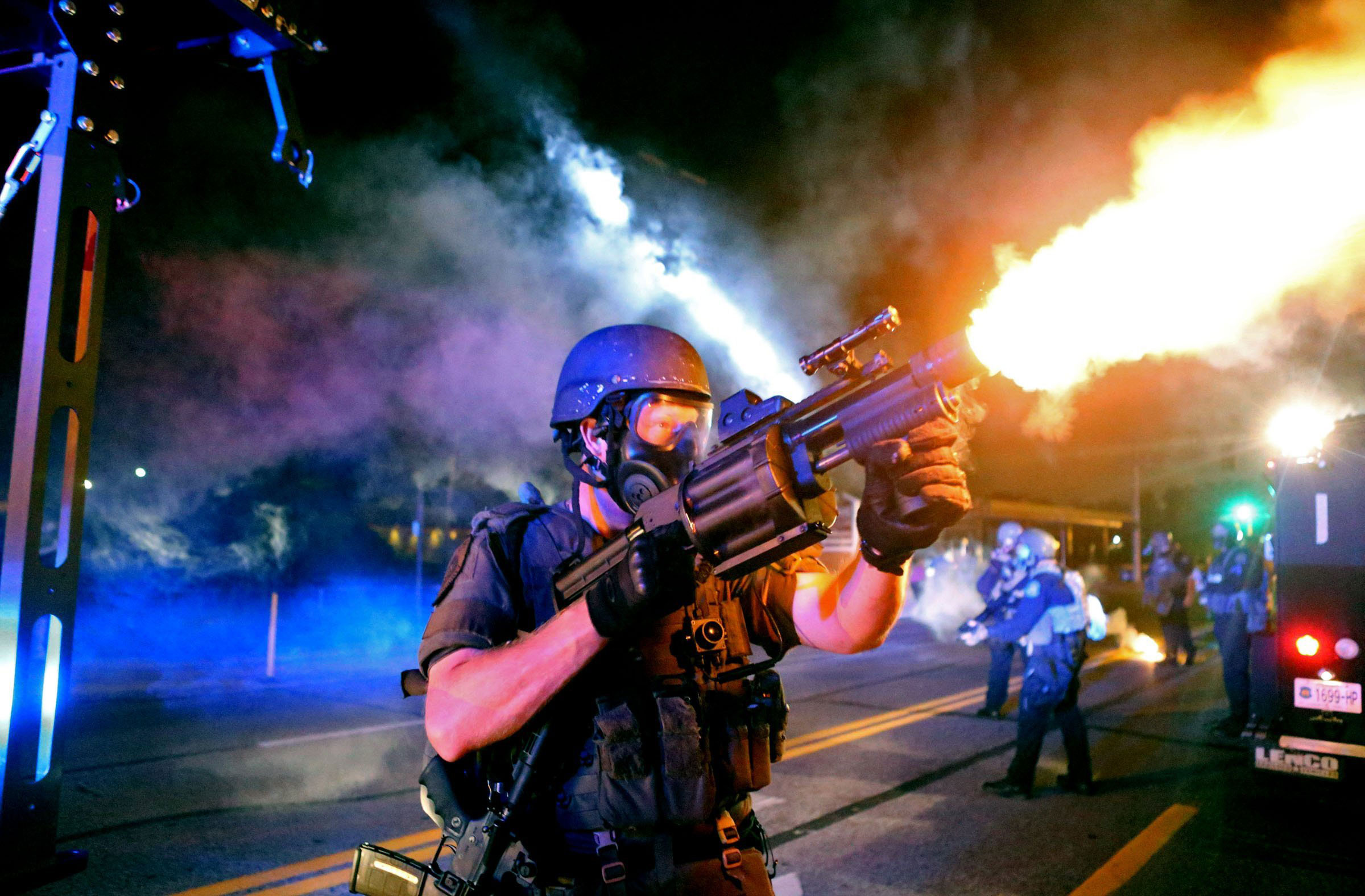
The report is full of sensible ideas, but short on concrete detail. And some of its specific suggestions drew immediate opposition. David Berger, the mayor of Lima, Ohio, bristled at the recommendation that police departments hand over responsibility for investigating officer-involved deaths to an independent official as a way to “increase public confidence.” Berger noted that Lima did just that in 2008, when police in that city shot a young mother to death and wounded her infant child after arriving at her home to arrest a companion on suspicion of drug dealing. The decision, he says, left the city unable to provide basic information about a case roiling the community, compounding the “dramatic trauma” caused by the incident.
Davis said he couldn’t comment on the recommendations of the task force until its work wraps up in early March. Brittany Packnett, a St. Louis educator who was appointed to serve on the task force for her work organizing the Ferguson protests, said in an interview that she was optimistic about the panel and would focus on ensuring the street protests that followed Brown’s death led to concrete action. “I just don’t see us making progress if disruptive change and systemic change don’t go hand in hand,” she says. “I am trying to make sure the connection is fruitful.”
More Must-Reads from TIME
- Cybersecurity Experts Are Sounding the Alarm on DOGE
- Meet the 2025 Women of the Year
- The Harsh Truth About Disability Inclusion
- Why Do More Young Adults Have Cancer?
- Colman Domingo Leads With Radical Love
- How to Get Better at Doing Things Alone
- Michelle Zauner Stares Down the Darkness
Write to Alex Altman at alex_altman@timemagazine.com